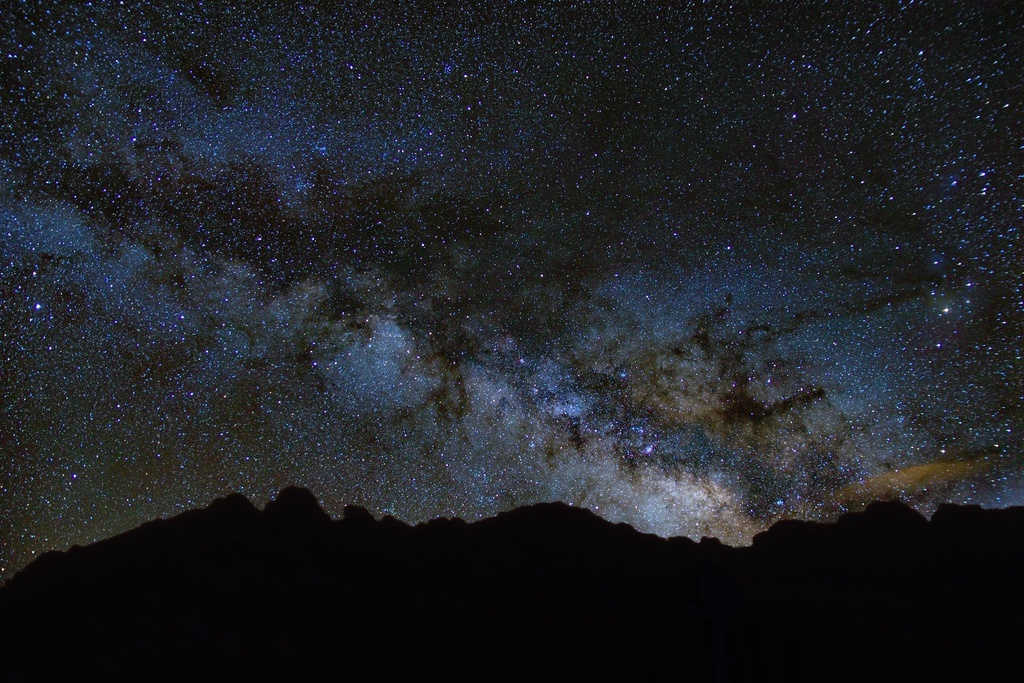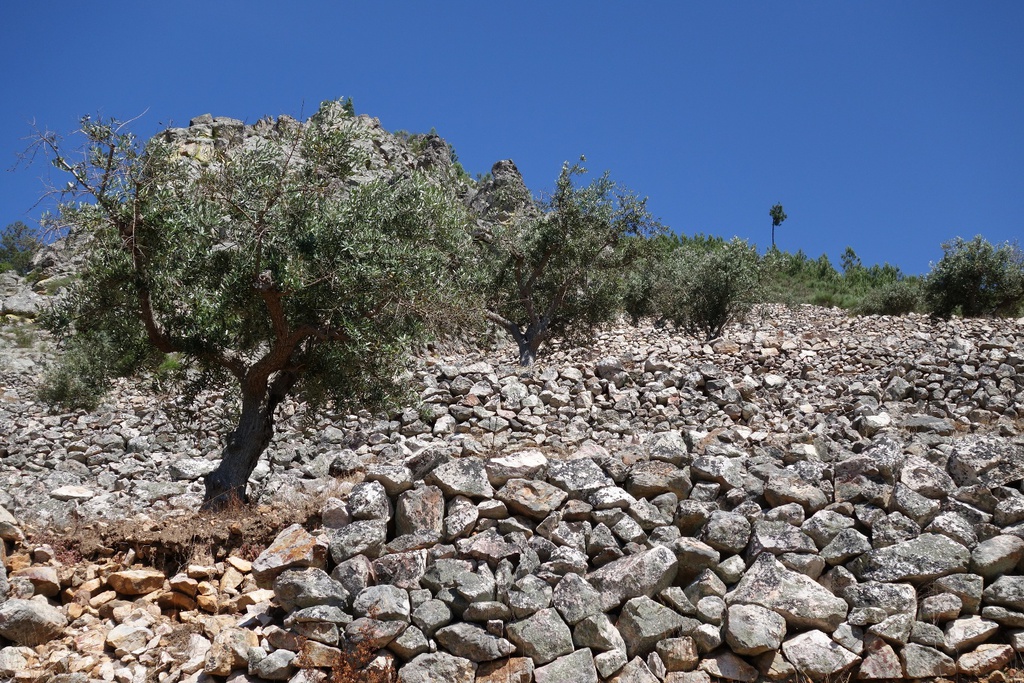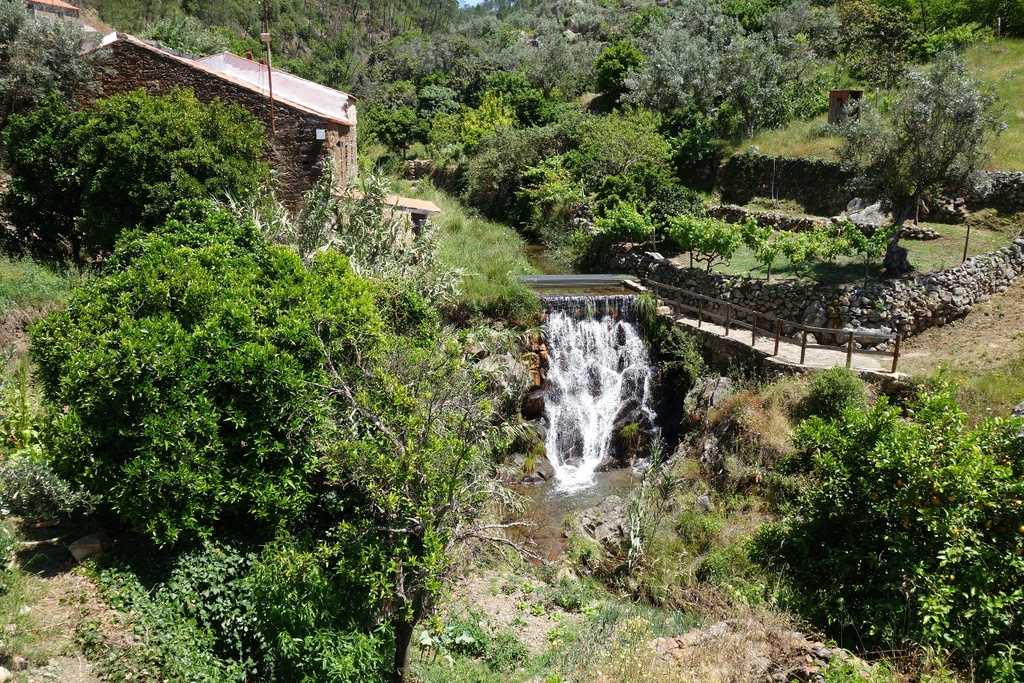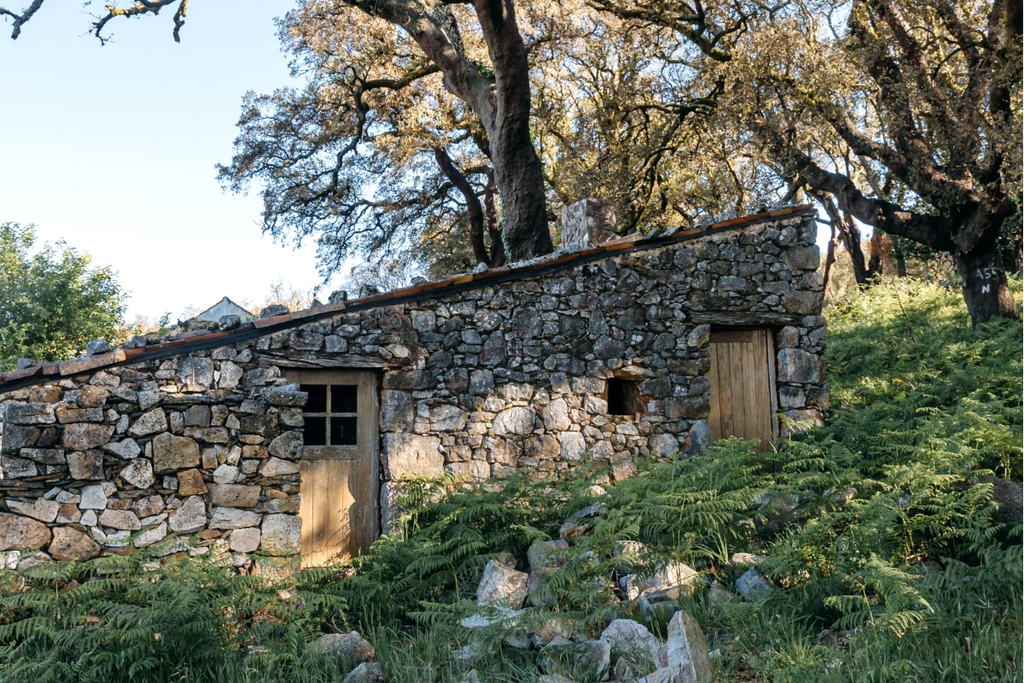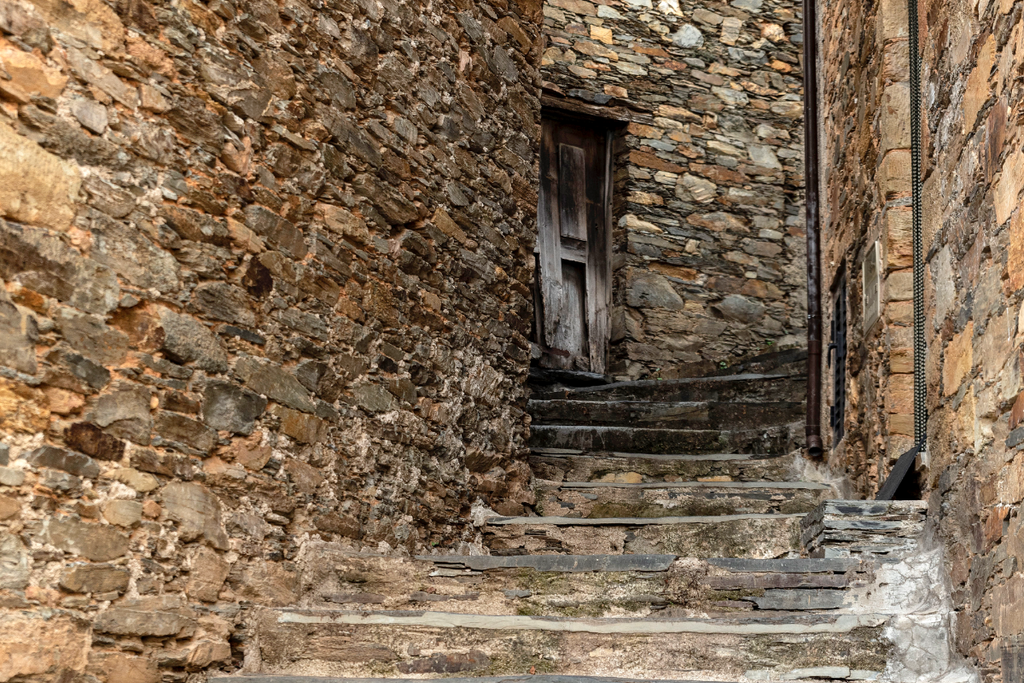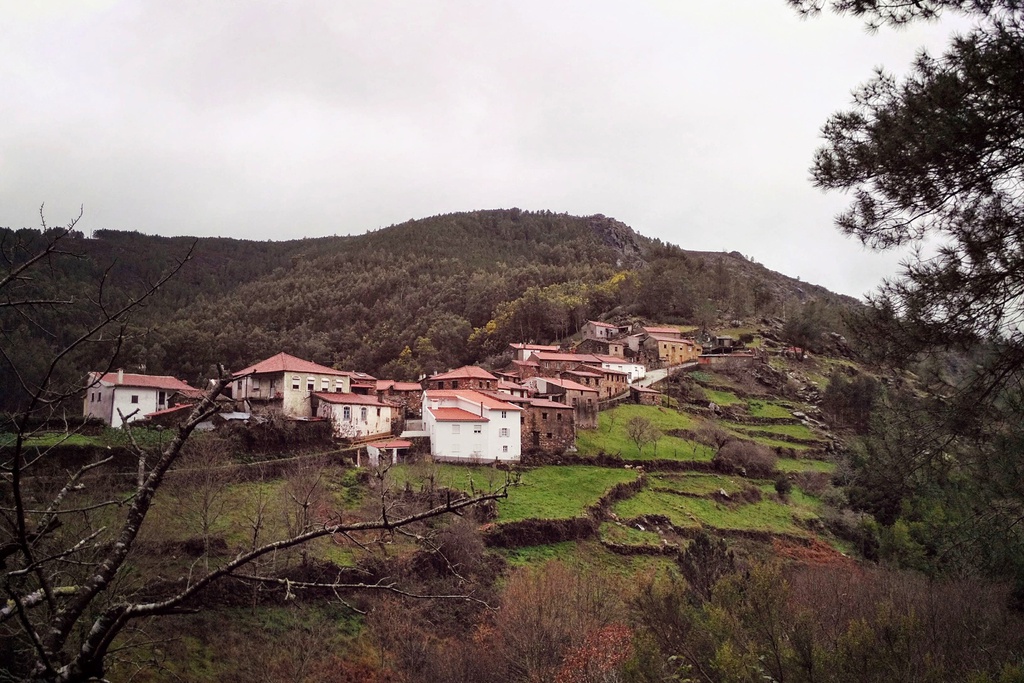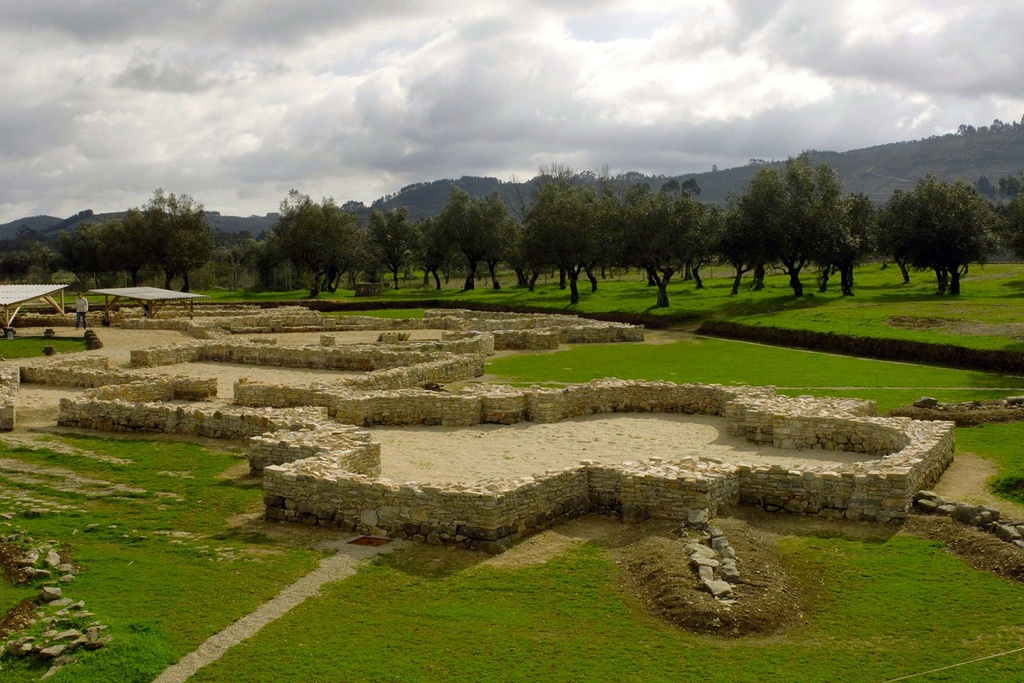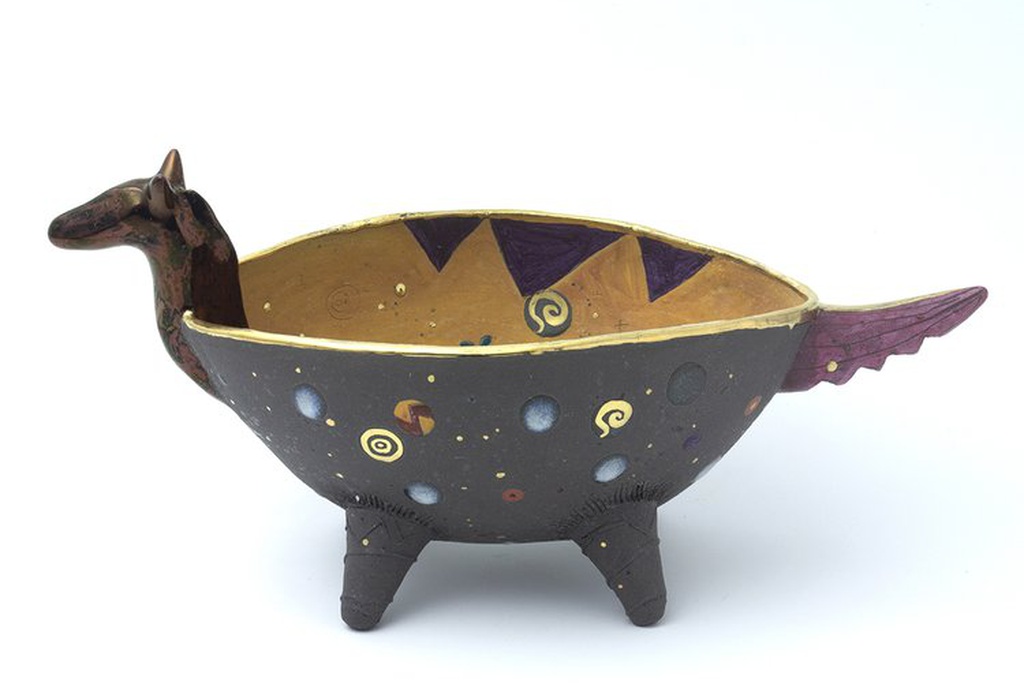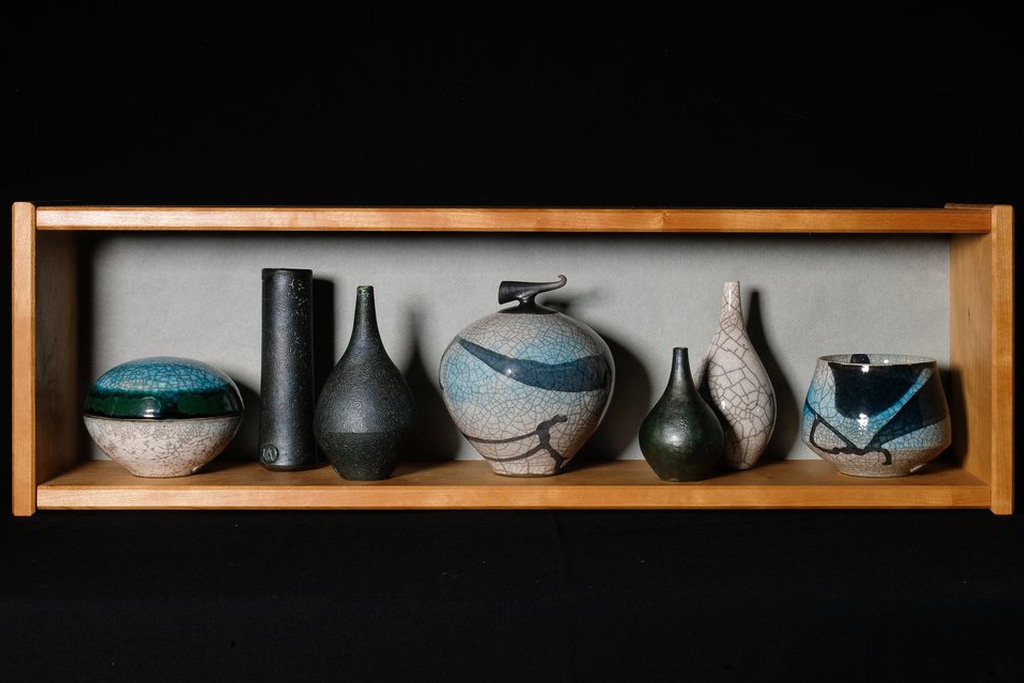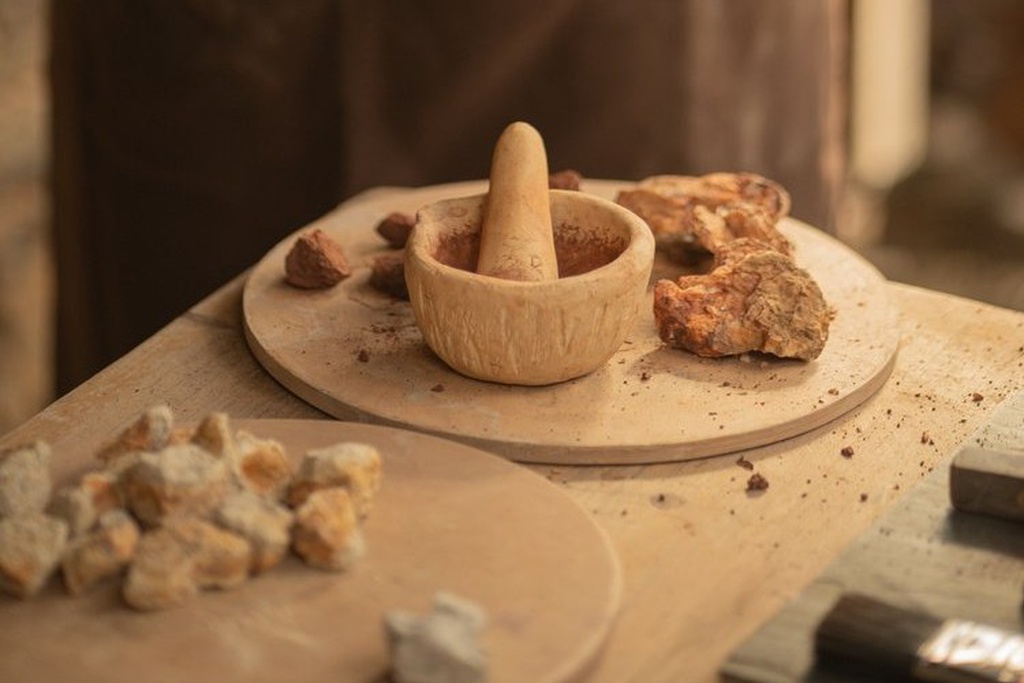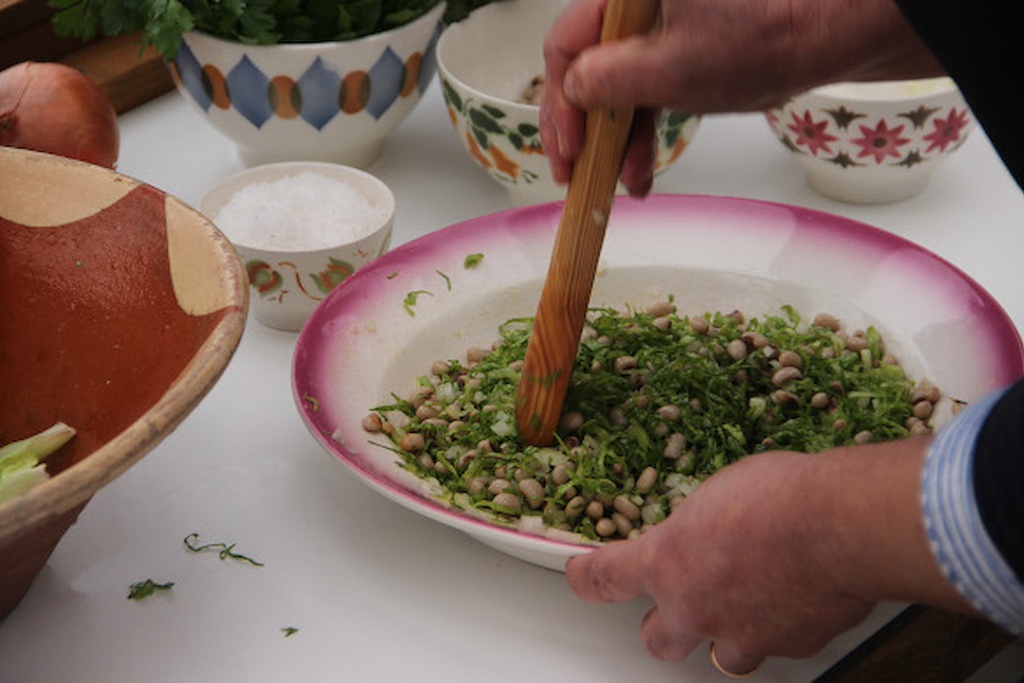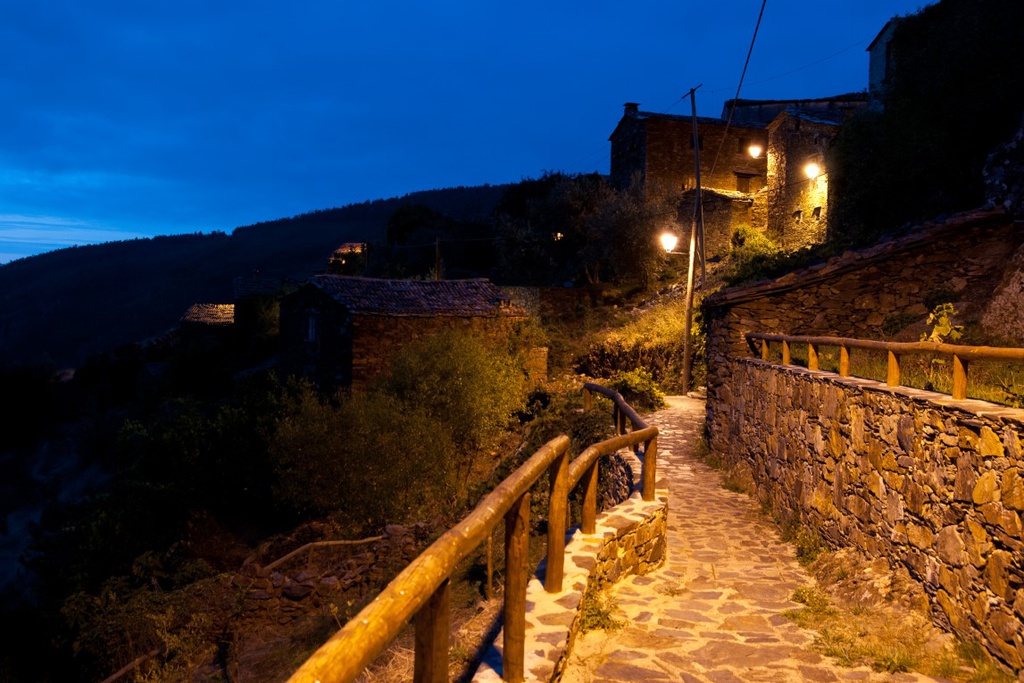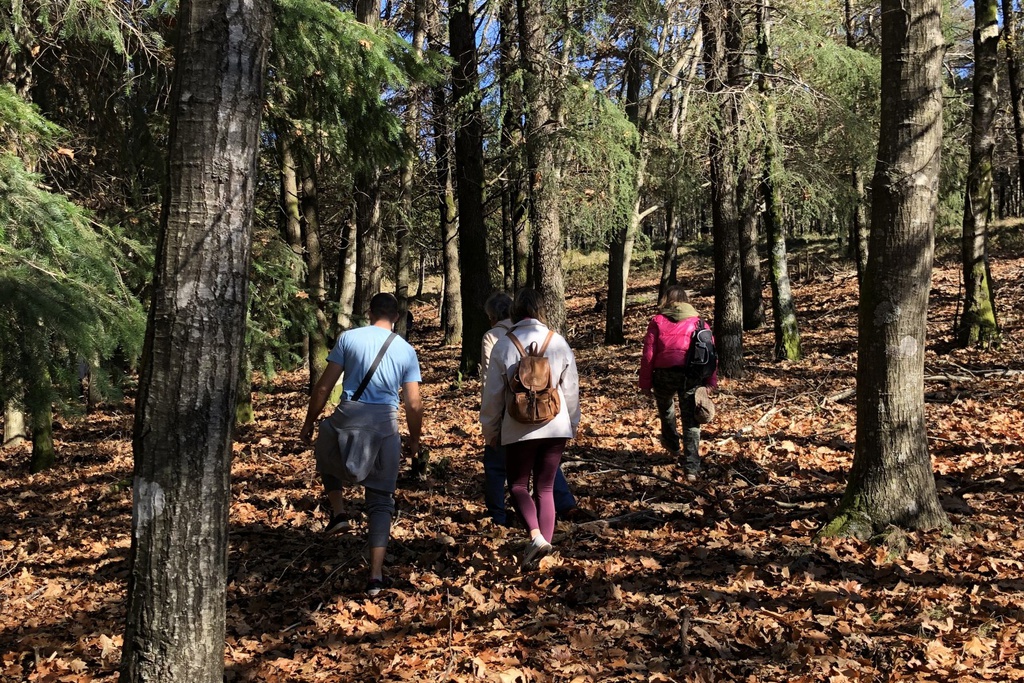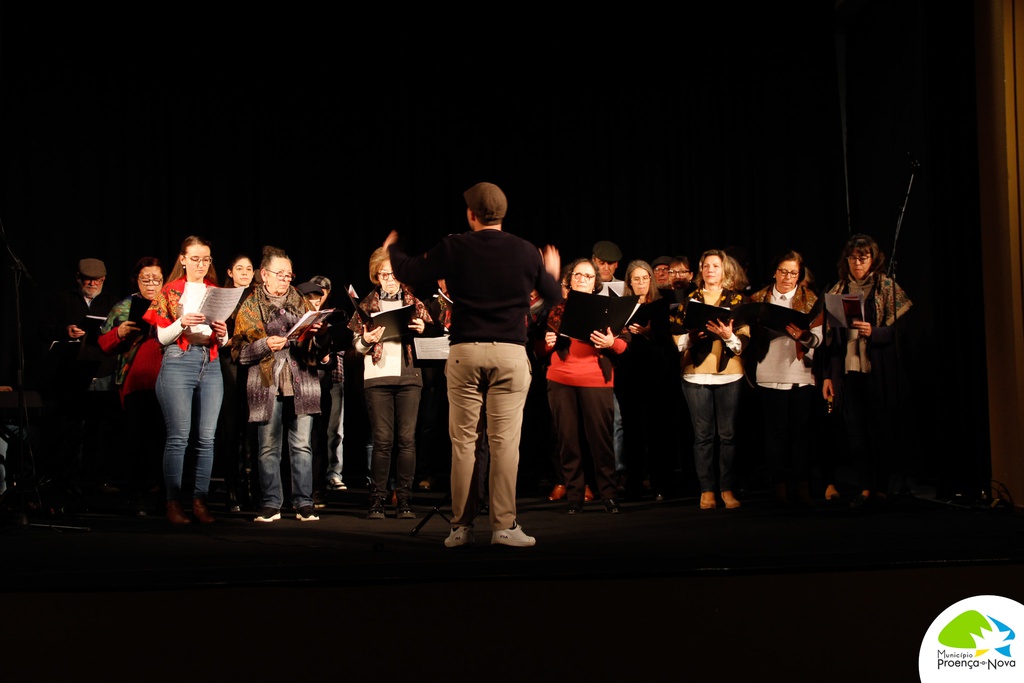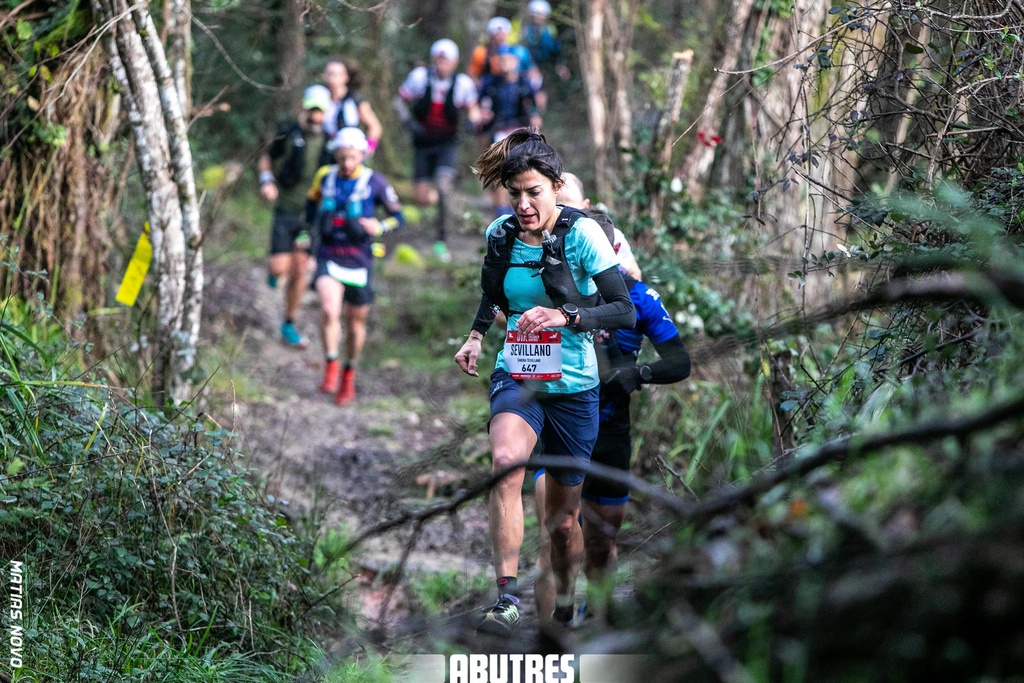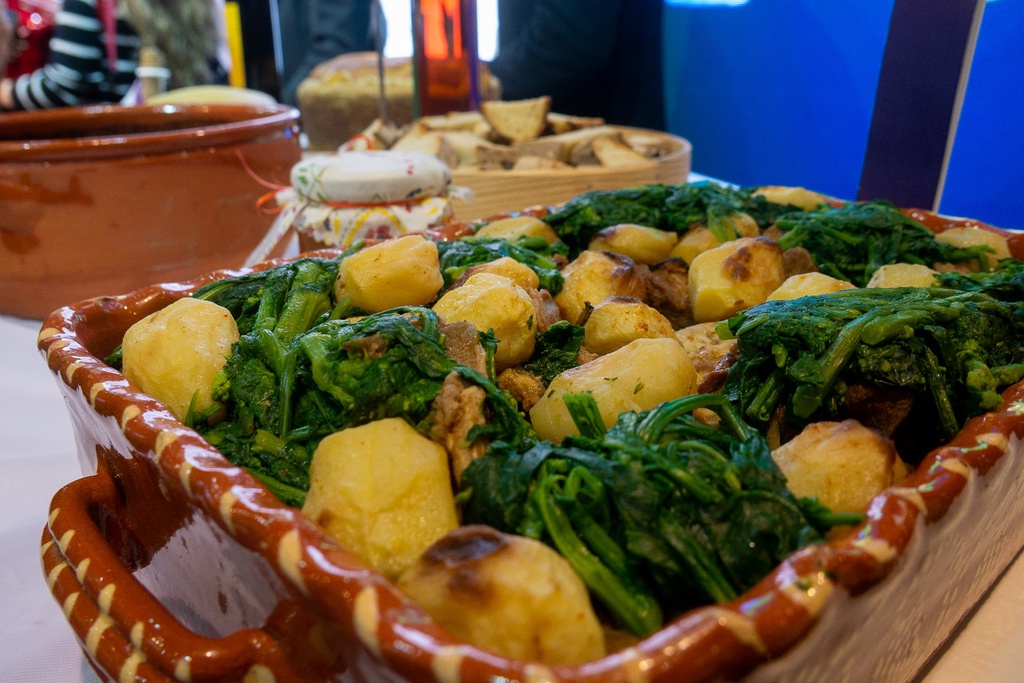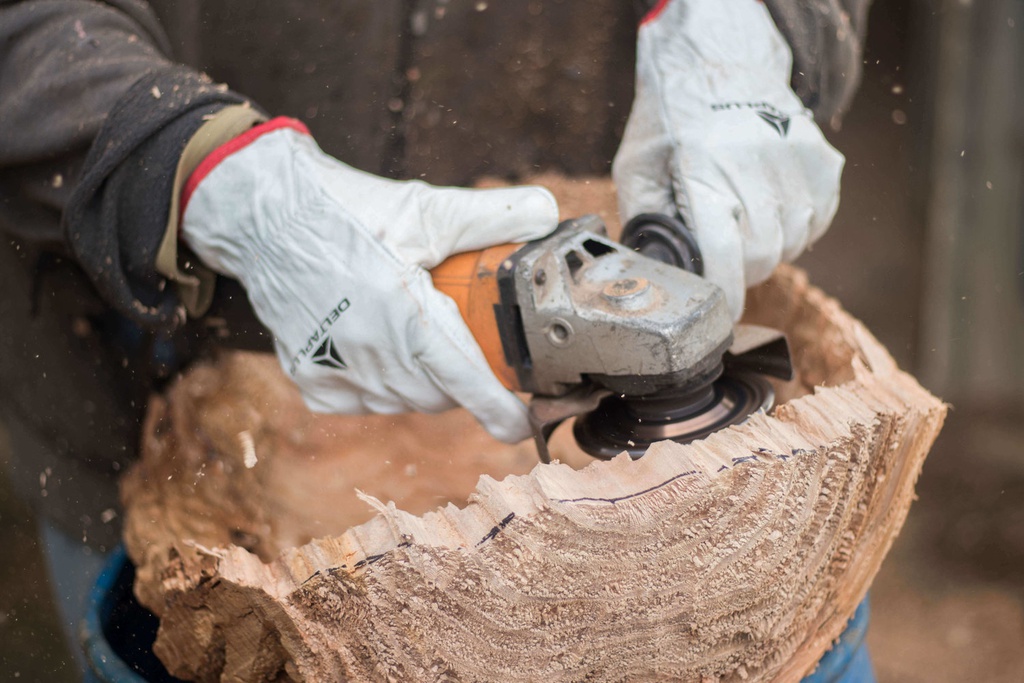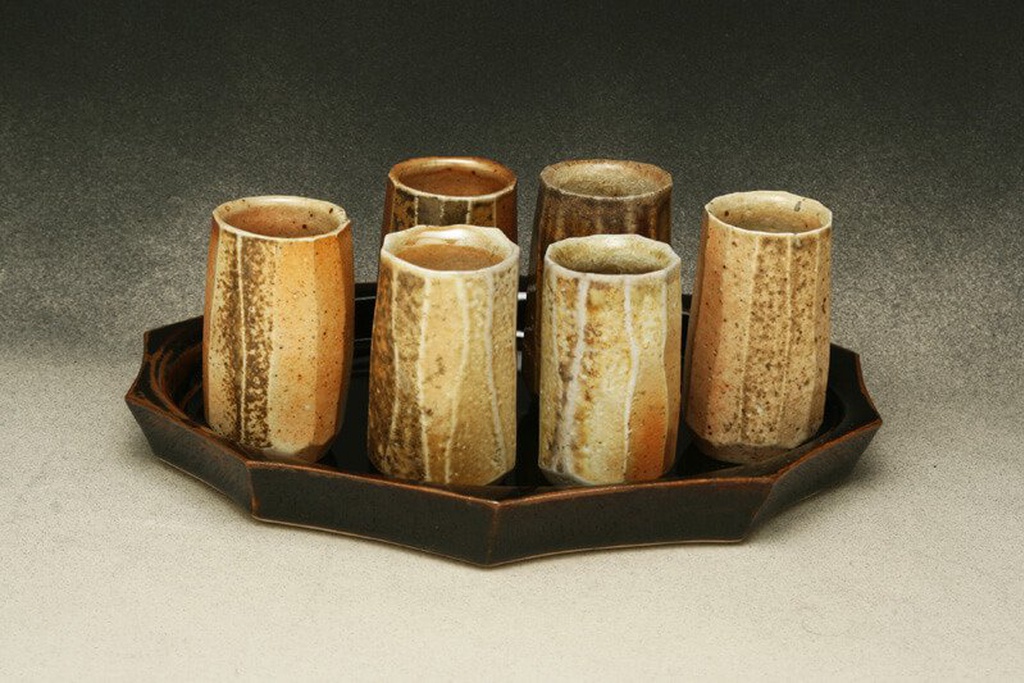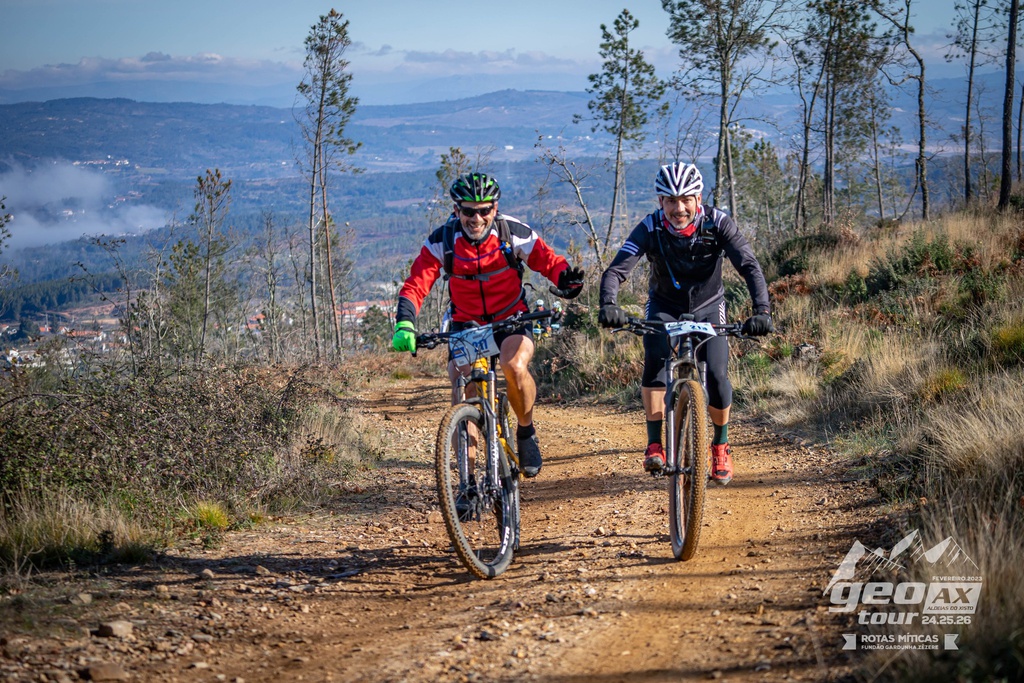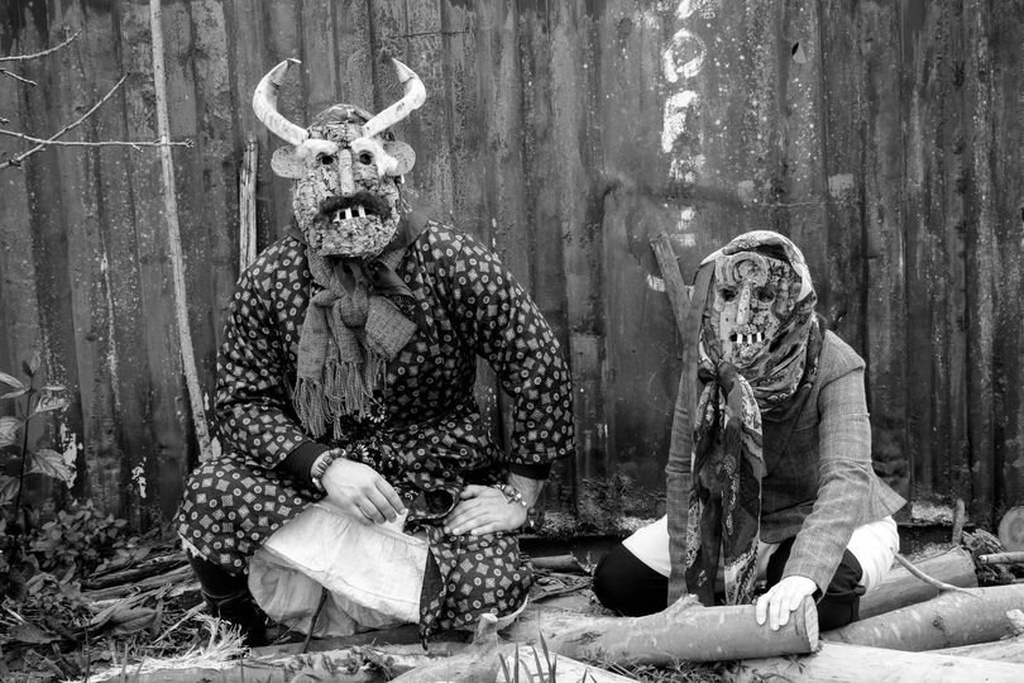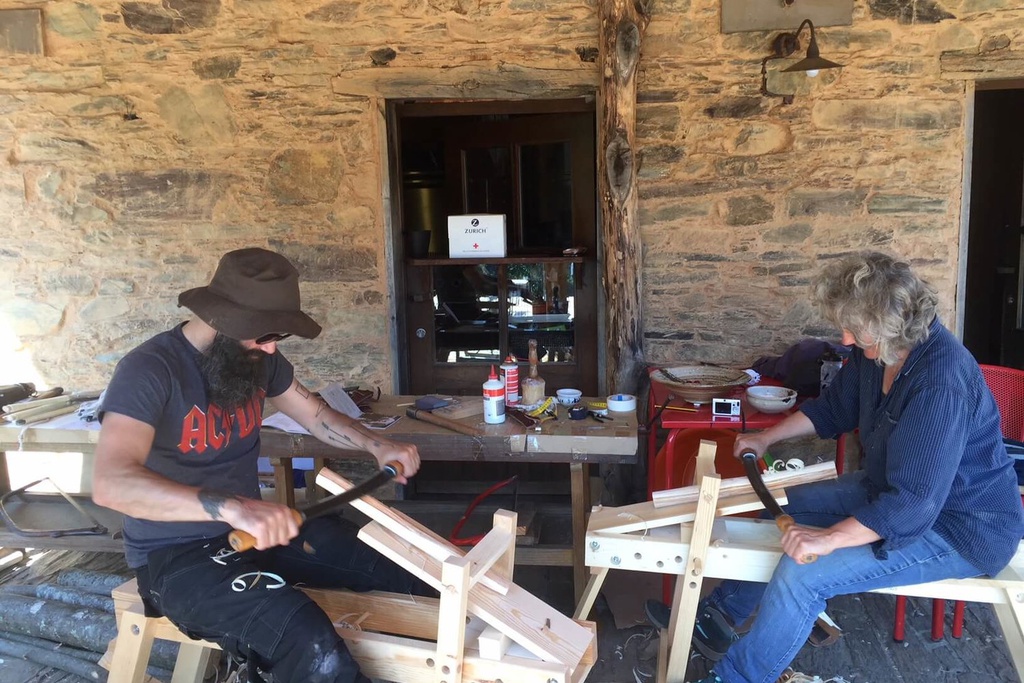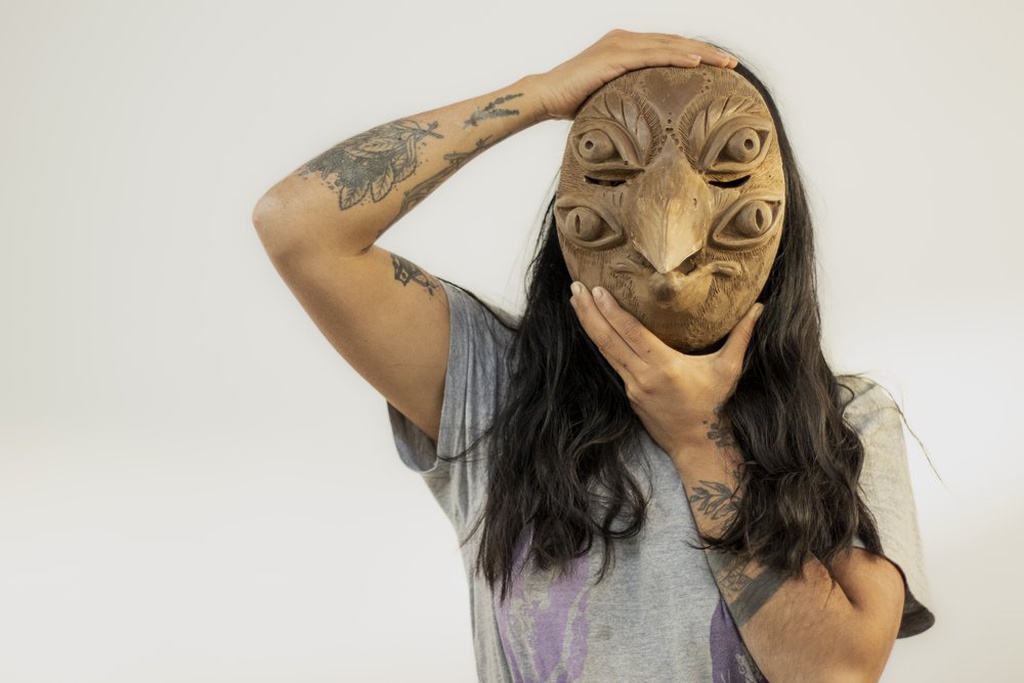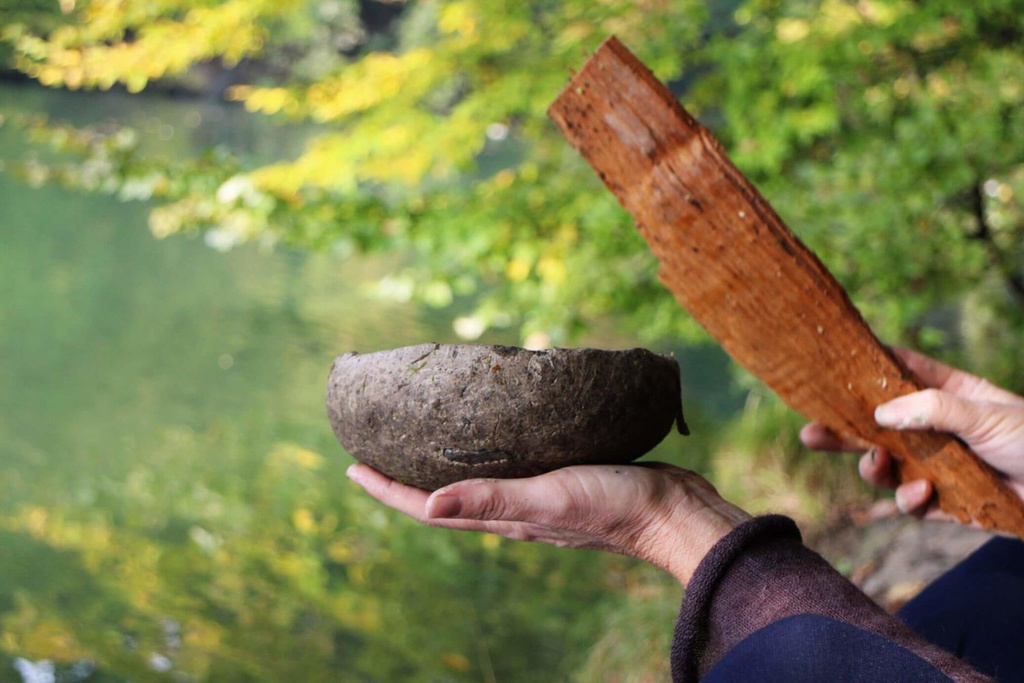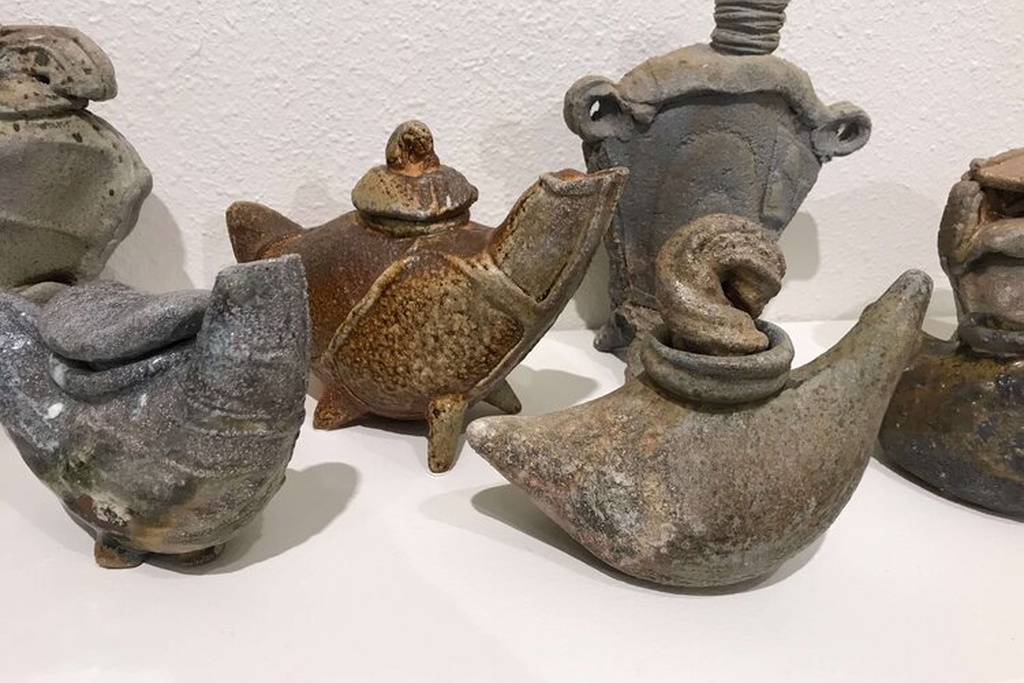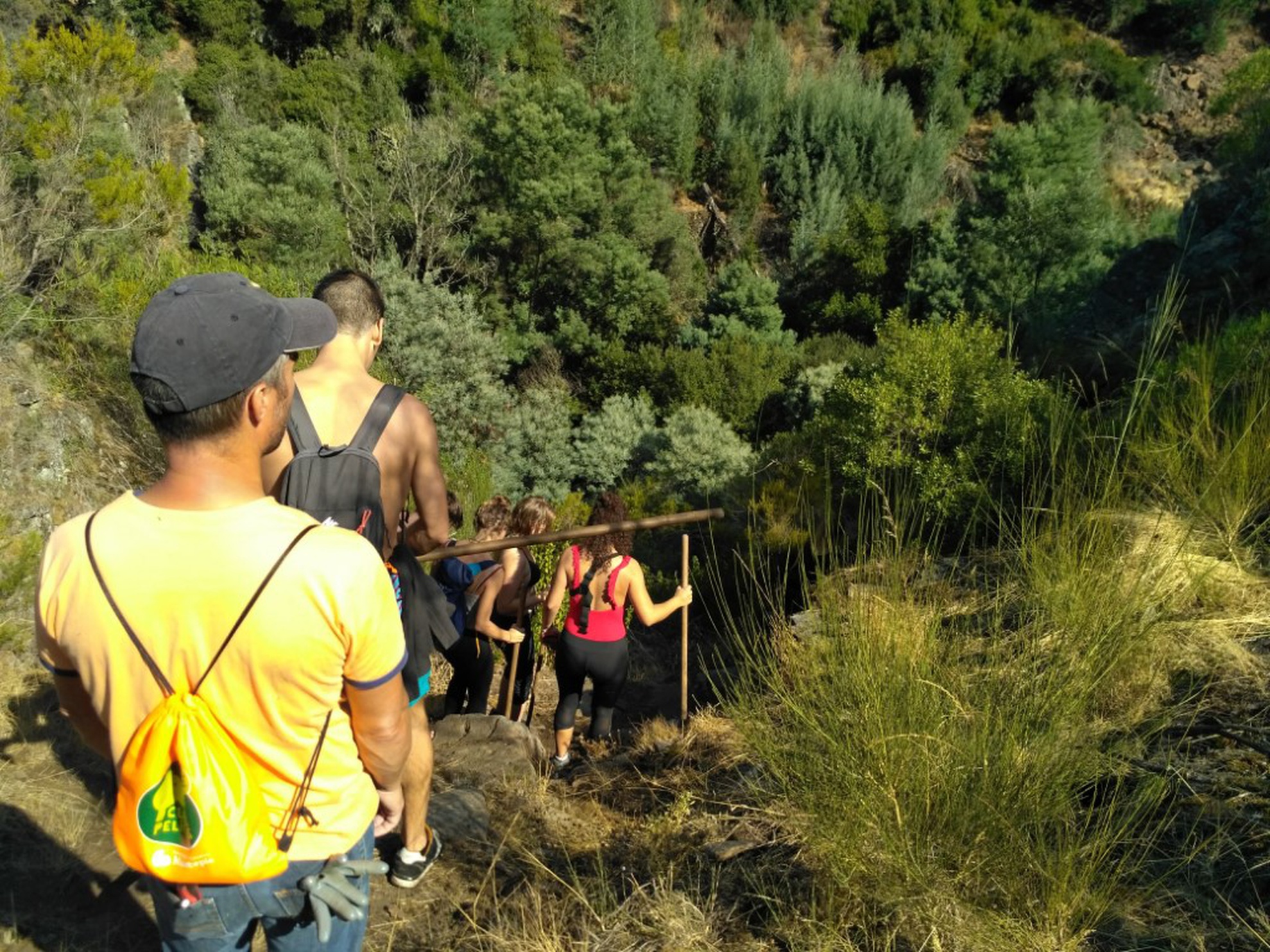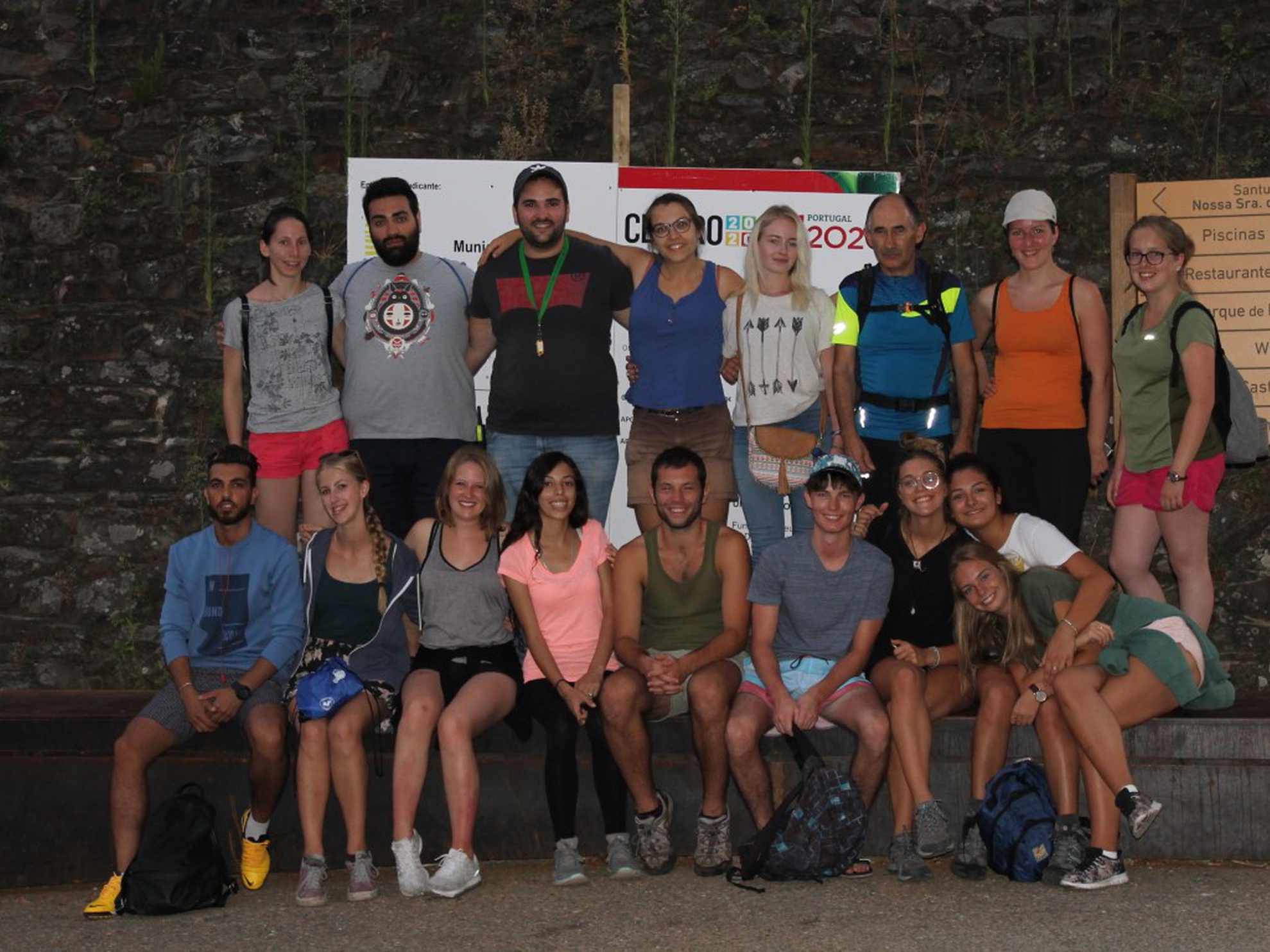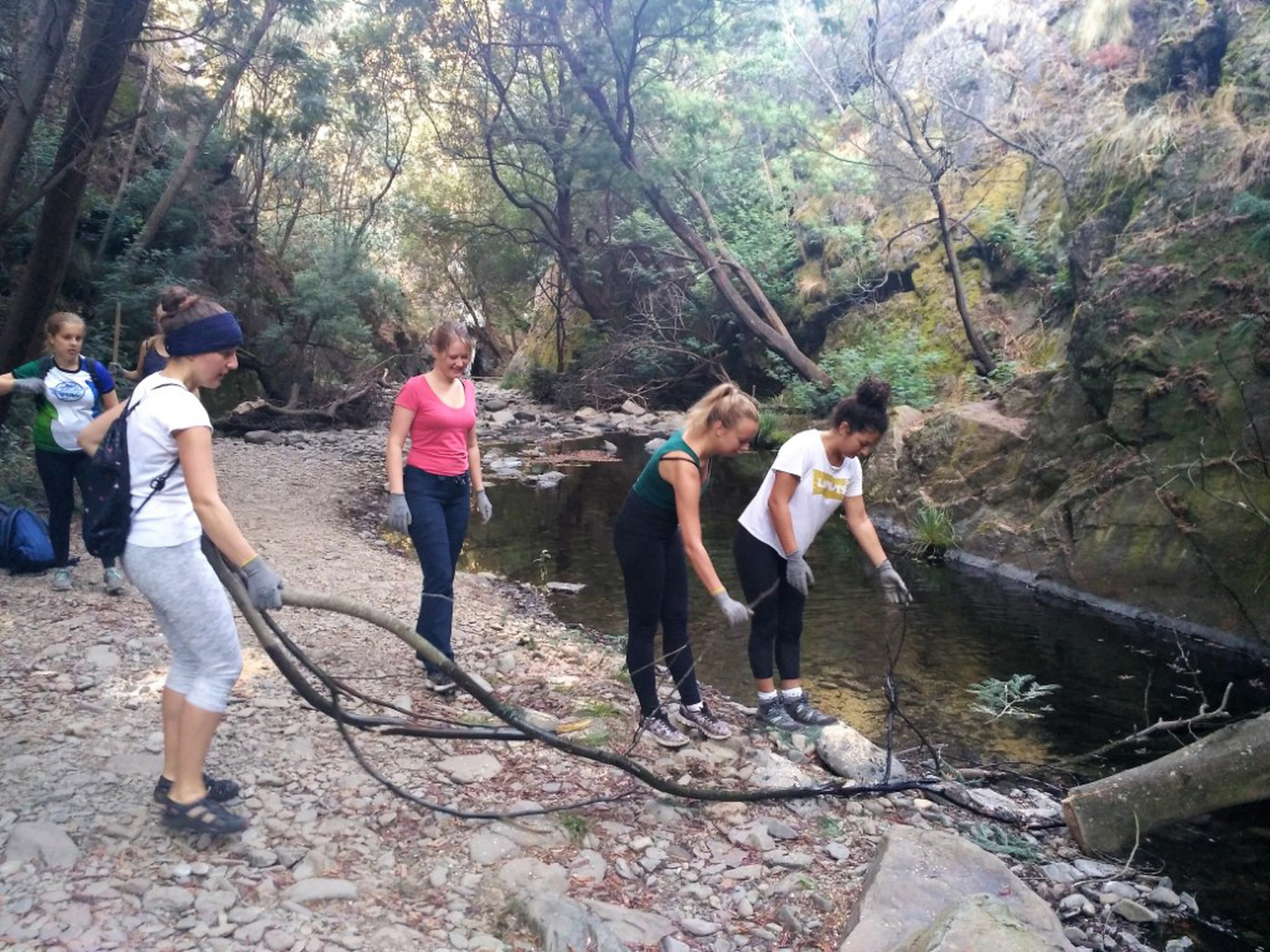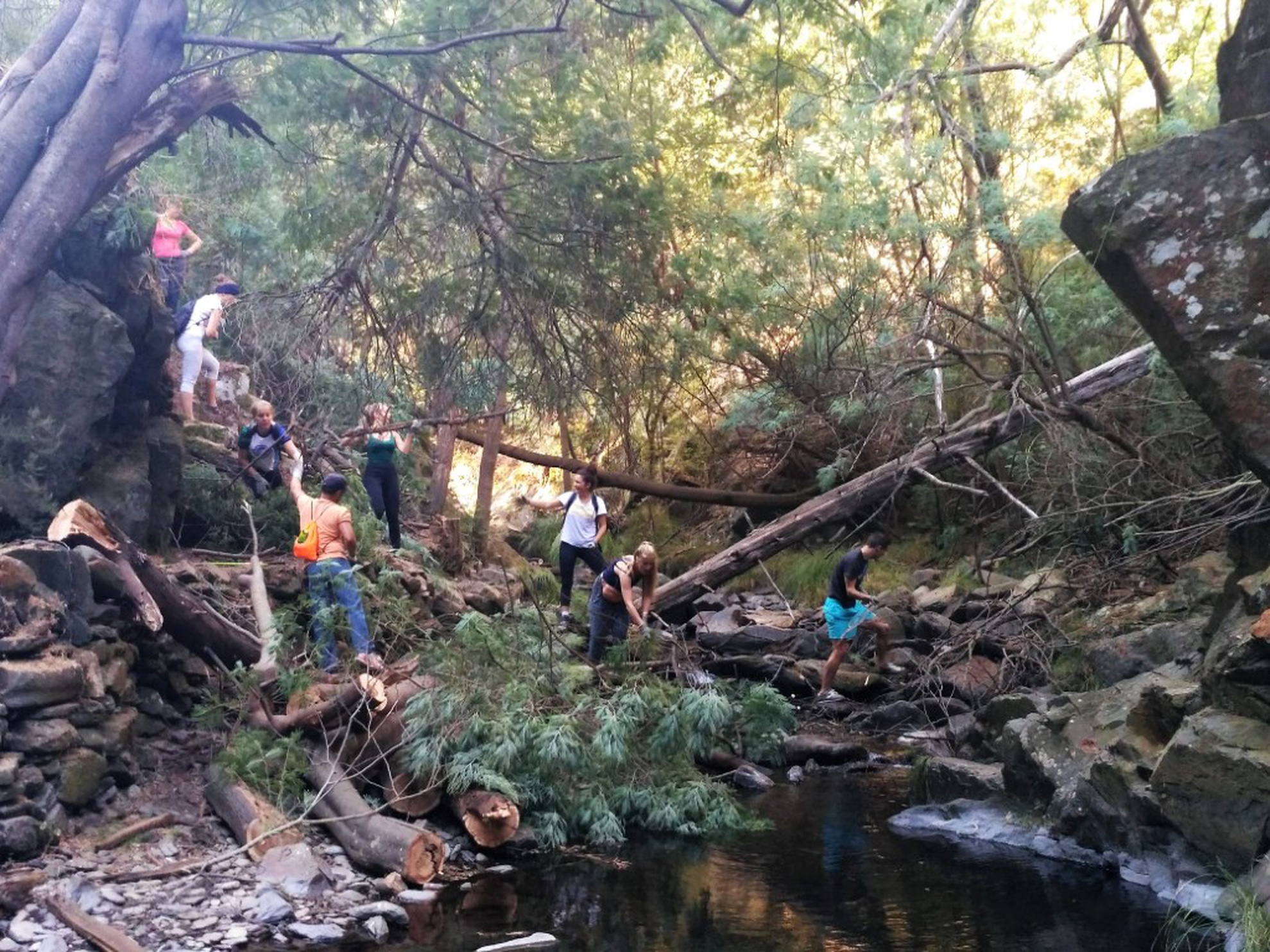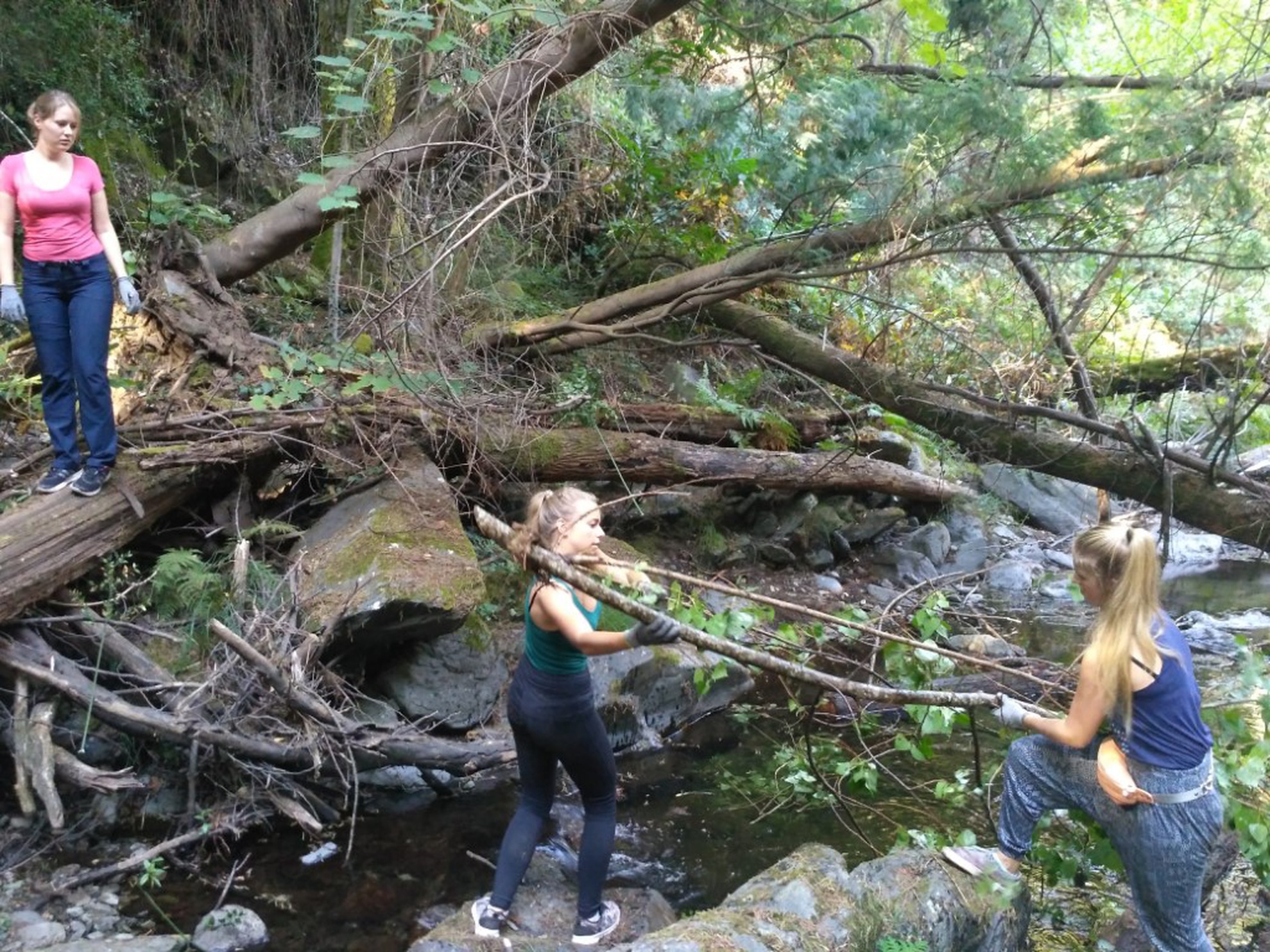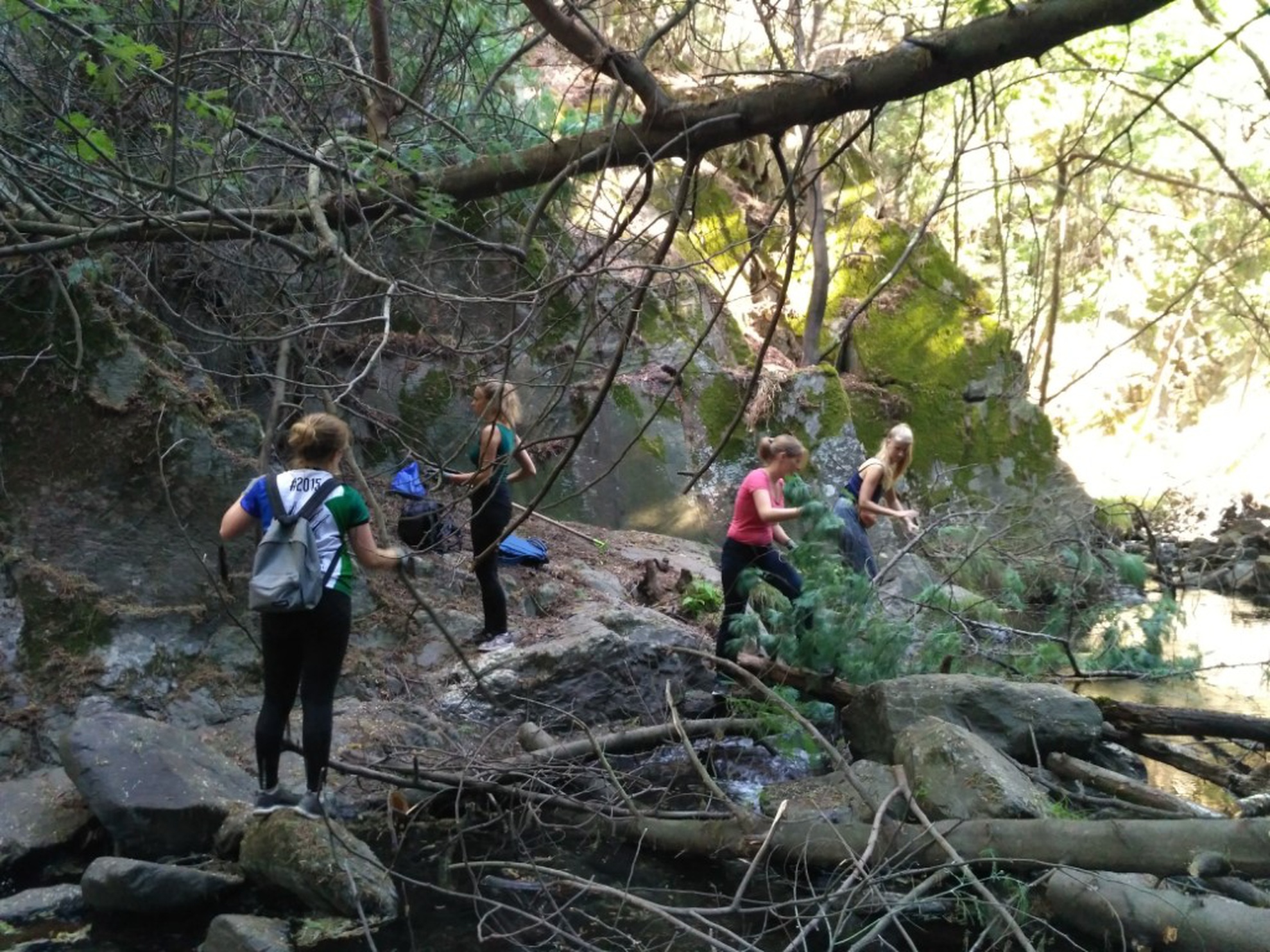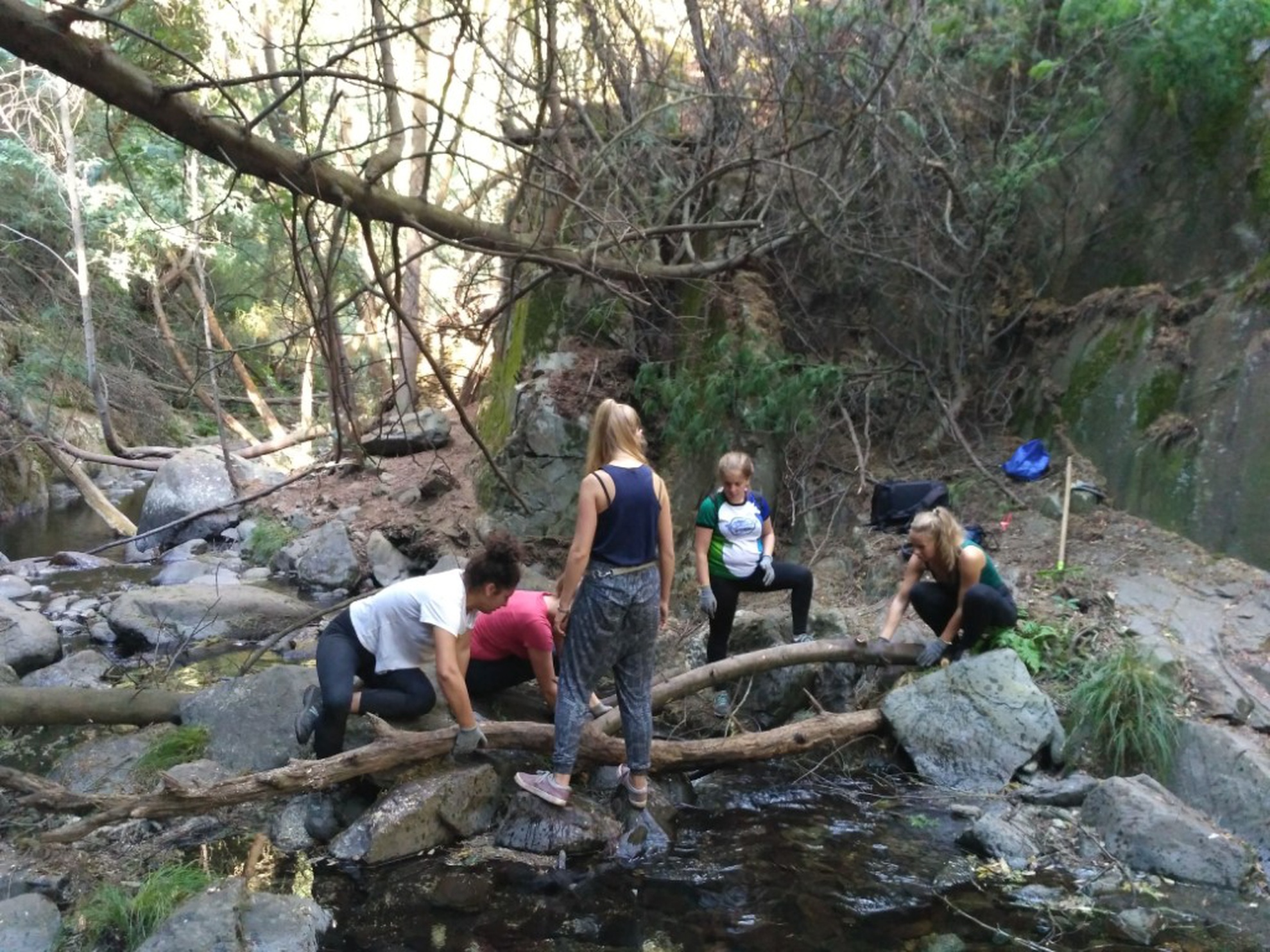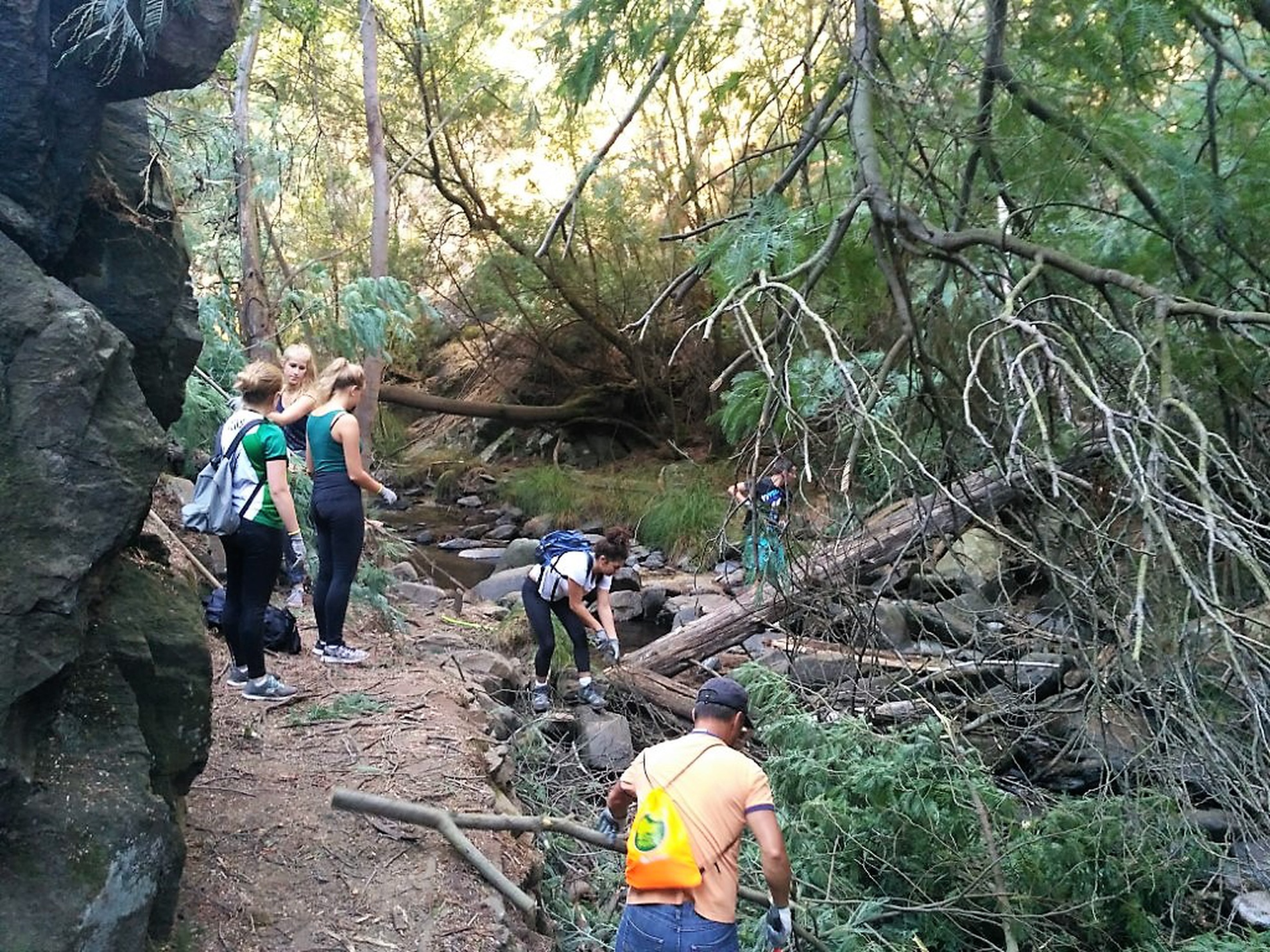Meeting new people and places, learning and developing useful work. These are some of the reasons given by the 12 young people from various parts of the world who, from 17 to 28 September, took part in the International Work Camp promoted by Activar in Lousã.
Titled “Through this River”, the initiative put the youngsters to work cleaning a stretch between the Nossa Senhora da Piedade Natural Swimming Pool and the well-known “slide”.
Efflam and Solenne, came from France; Nina, Maxi and Chiara, from Germany; Vanessa and Adele represented Italy; Katya, from Russia; Ali, from Iraq; Alvar, arriving from neighbouring Spain; Ania, from Poland; and Marlene, who was from Mexico.
The group were joined by Italian, Massimo, and Božena from Slovakia. Both are in Lousã as part of the programme, also run by Activar, which involves working with children.
Solenne came to Portugal wanting to work in the forest, get to know the country and new people besides all the young people who accompanied her.
Alvar shared her motives. When he found out about this initiative, he researched it and concluded he was interested to work in the area. He showed he was satisfied with his decision and would return with friends. “I want to come and show them the work we have done. I’ll tell them they can get through on the tracks, because I cleaned it up”, he joked.
Besides the motives common to fellow adventurers, Katya also had a professional purpose. Her area of interest is Geography and so she wanted to explore different landscapes, plants and climates.“In Russia we don’t have this kind of landscape and it is interesting to get to know them on the spot”, she stressed. What is more, she valued the fact that this was an experience that allowed her to meet people other than “typical tourists” and socialise with local people.
The days started in more or less the same way: at around 9 a.m., the young people gathered at the door of the Youth Hostel where they were staying and were transported to the place where they would work throughout the morning. On the day we followed the activity, the starting point was Lousã Castle. Here, the young people split into two teams, each going in a different direction, but meeting halfway.
The group was accompanied full time by two monitors, Daniela and Pedro. Bruno and Nuno joined in the work. It was with the group of six girls led by this pair that we set off, at about 9.30 am, following the banks of the river that feeds the pool.
The aim was to clear the way, ensuring that the tracks of the Windmills Route are operational for hikers who want to pass through there and that the river can maintain its normal flow. Very early in the morning, a team from Aflopinhal was on the spot, cutting down trees and removing stumps.
In a few minutes, and already surrounded by the vegetation so characteristic of the area, the first challenge appeared. “You’re not thinking of going down there, are you?”, asked Chiara, the German, looking with surprise at the quantity of trunks and branches that had accumulated right in the middle of the water.
Yes, it was necessary to go down there. As a team, the task was carried out quickly and efficiently: logs removed, path clear and water flowing freely. It was then time to move on.
After about two hours, many branches and trunks, some singing and jokes, the two groups met again, already by the “slide”. The group led by Daniela and Pedro devoted the morning to clearing weeds and branches, freeing the final trail for the walkers.
Before returning, it was time for a break. Almost everyone wanted to have a dip and try out the “slide”, which resulted in laughter.
Meanwhile, Katya, Solenne and Alvar stayed at the Lousã Philharmonic Band Centre, where the social aspect of the Work Camp took place, in charge of lunch and the other meals of the day.
“They have 70 euros a day, with which they have to buy food for lunch, dinner and breakfast the following day”, explained Pedro, adding that the management is entirely the responsibility of the young people, who have taken on the domestic chores on a rotating schedule.
To ensure nothing was missed, a calendar with the timetable and activities was organised and posted on the wall.
“The idea is that they gain some skills that they don’t have yet. They are young and most of them are not used to carrying out certain tasks”, he also explained.
The activity plan, previously put in place, was busy. In addition to the cleaning work, the International Labour Camp brought the participants into contact with the community and gave them the opportunity, as was their aim, to get to know the people, cultures and traditions.
“We want to integrate them into the community”, noting that there were several activities and visits organised. The group dropped in on the Folk Dance Group, visited the Prado Paper Mill, went on a village walk, took part in a night walk to the Aldeia do Xisto of Talasnal and organised a live music show, where a video on the work done was presented.
Between activities, and on a daily basis, there was free time to spend in their own way. “They stay here a lot, they don’t go out much”, Pedro revealed.
Inside, the activities focused on the exchange of experiences and knowledge, with time to share with each other aspects of their own culture: what they eat, what they hear, what they see, what they do, whether it is cold or hot.
The cultural heterogeneity, along with the maturity and personality of each of the participants make the international camps an adventure also for the monitors, who are with them all the time.
“It’s not always easy to find a guiding strategy”, Daniela begins by saying. There are different cultures, some of them are more mature than others and many are inward looking so sometimes you have to find different ways.
The monitor, for whom this was the second experience of its kind, noticed some improvements at the end of a week and a half of the Camp. “The fact that they show gratitude for the meals that their colleagues prepared”, something that did not happen at the beginning, is just one example, demonstrating that investment in these initiatives and in the training of young people will always bear fruit.


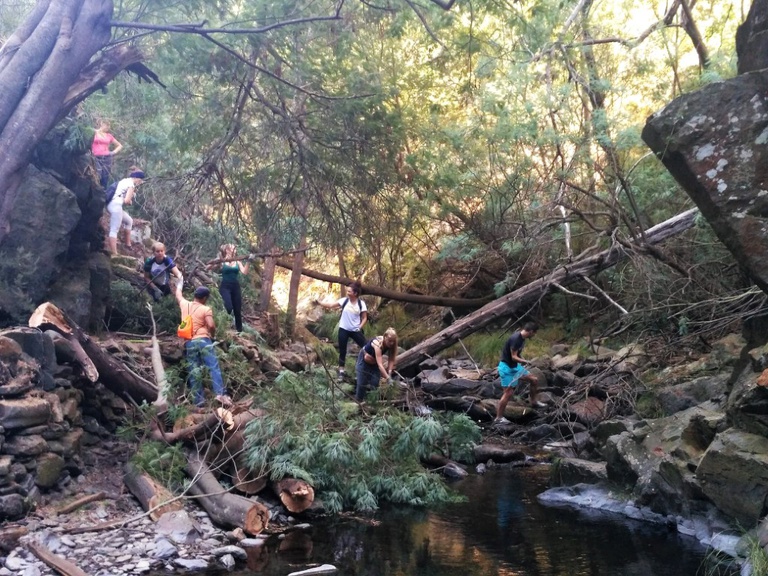
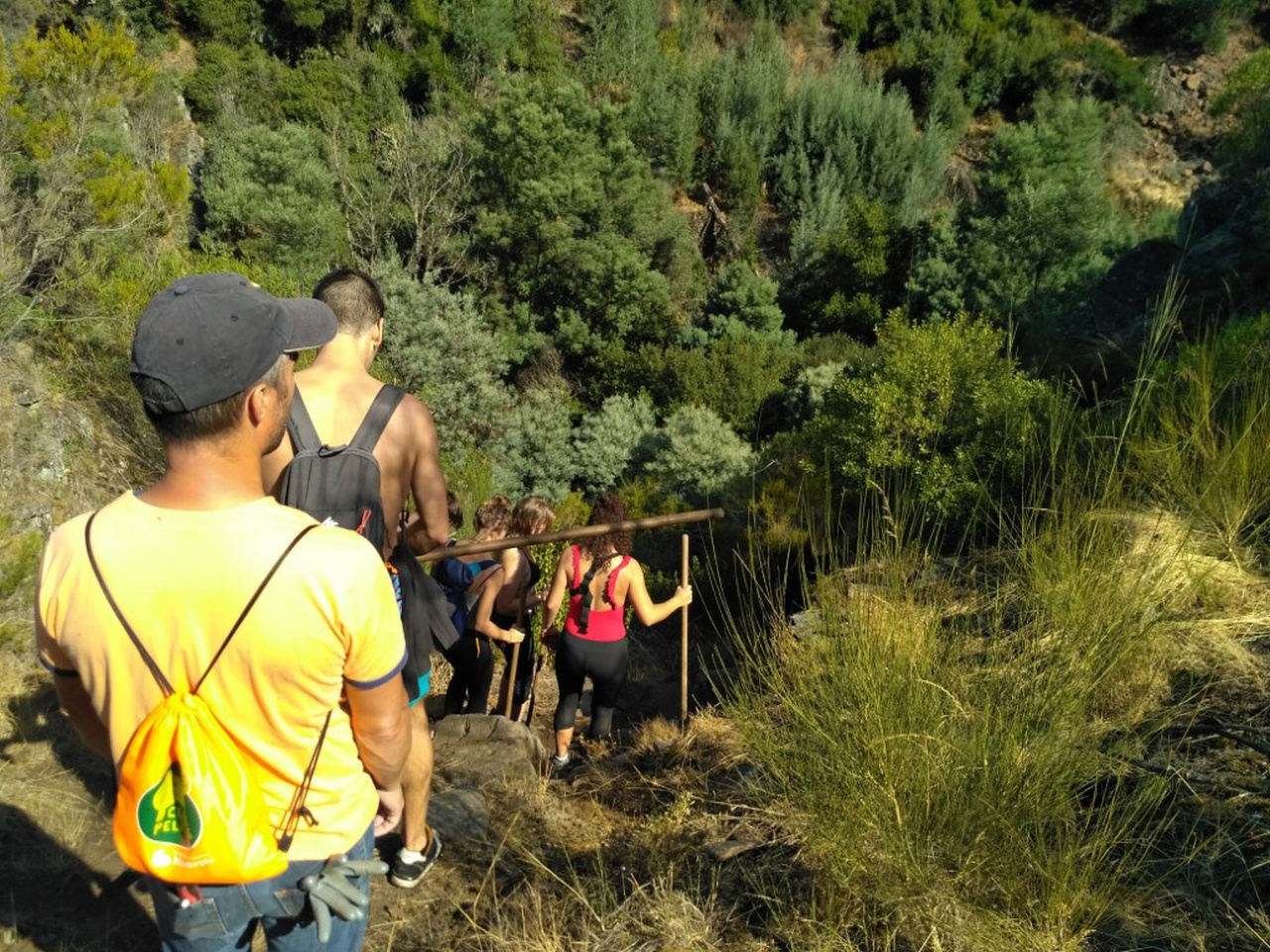
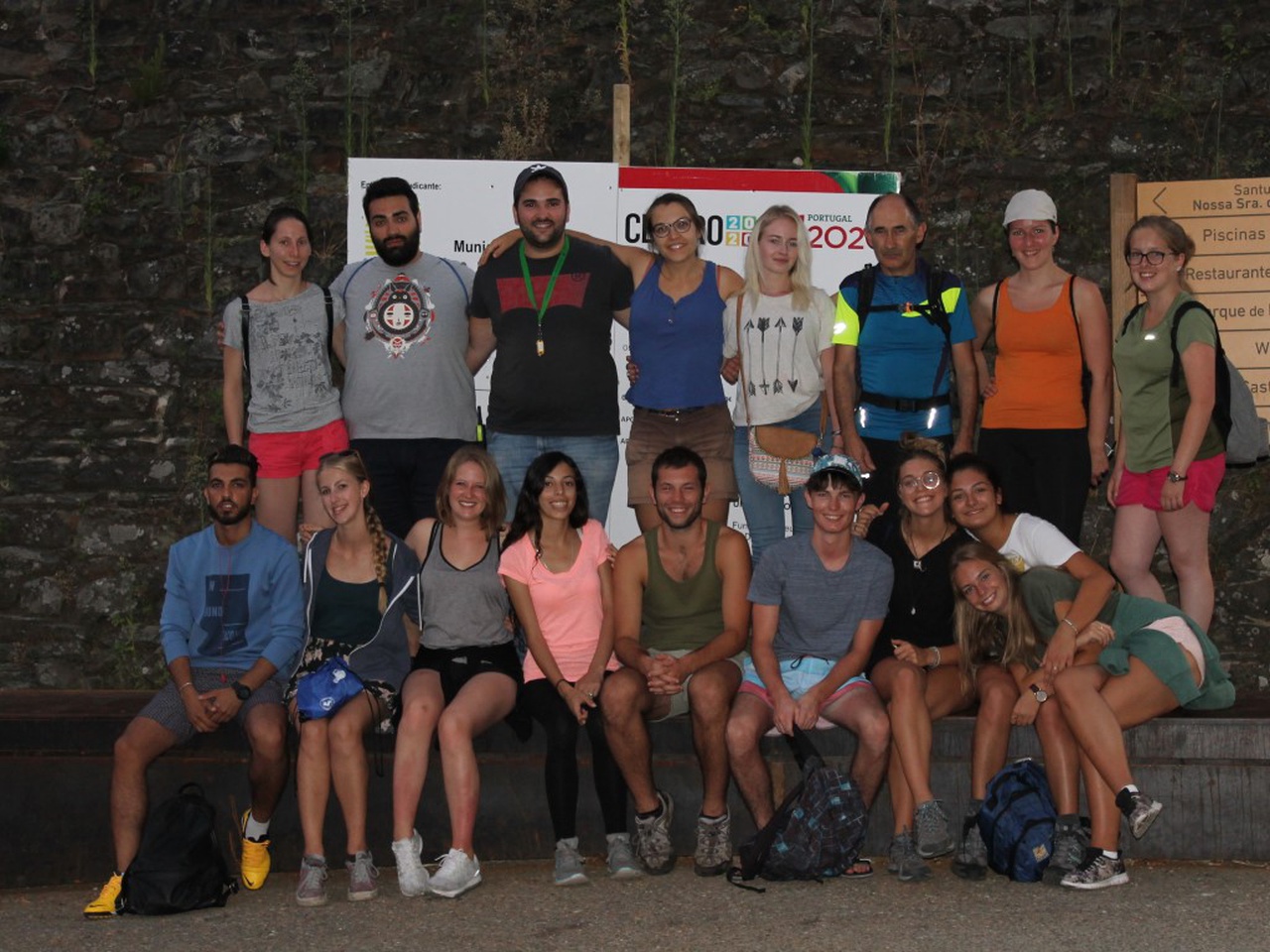
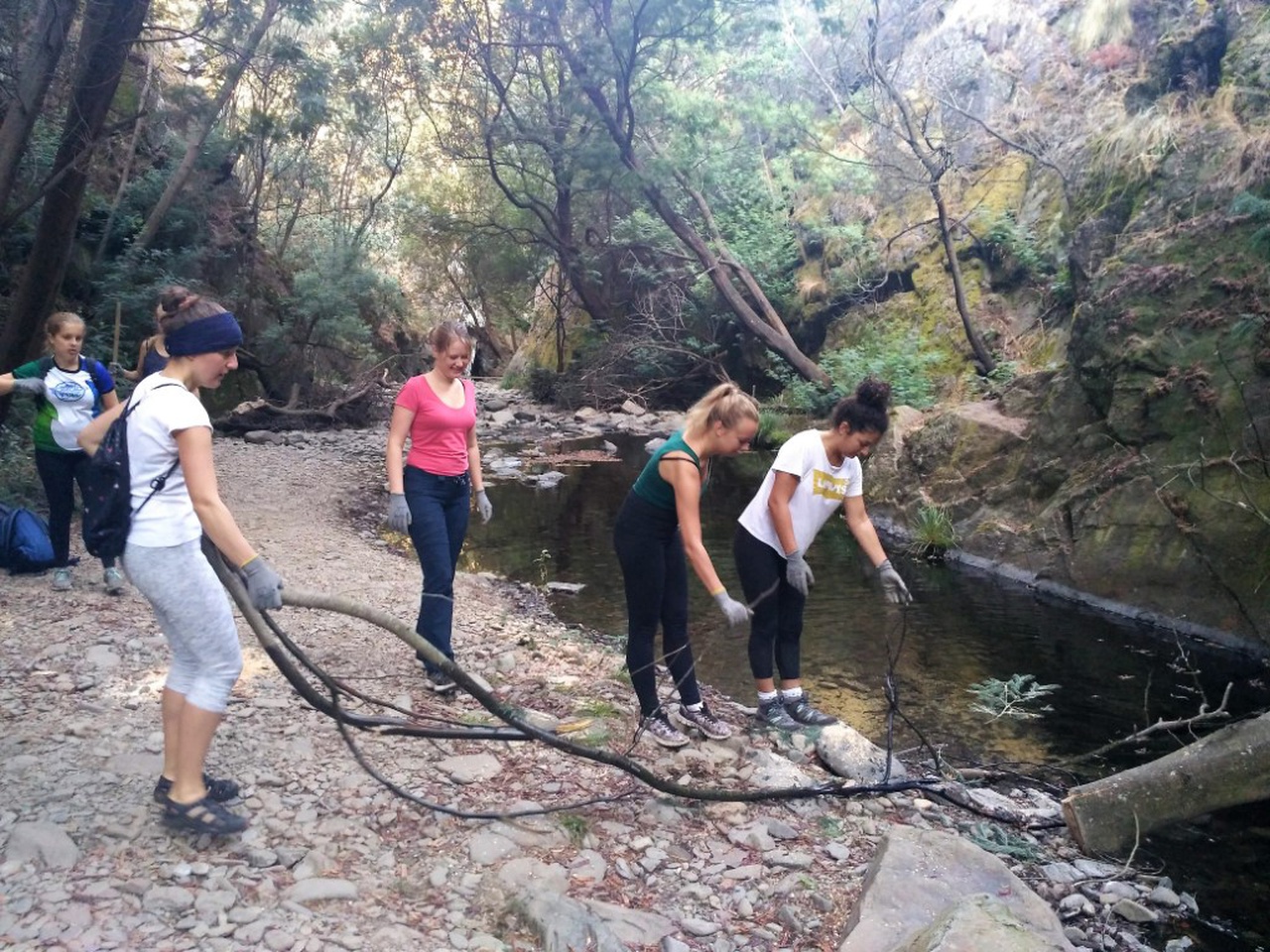
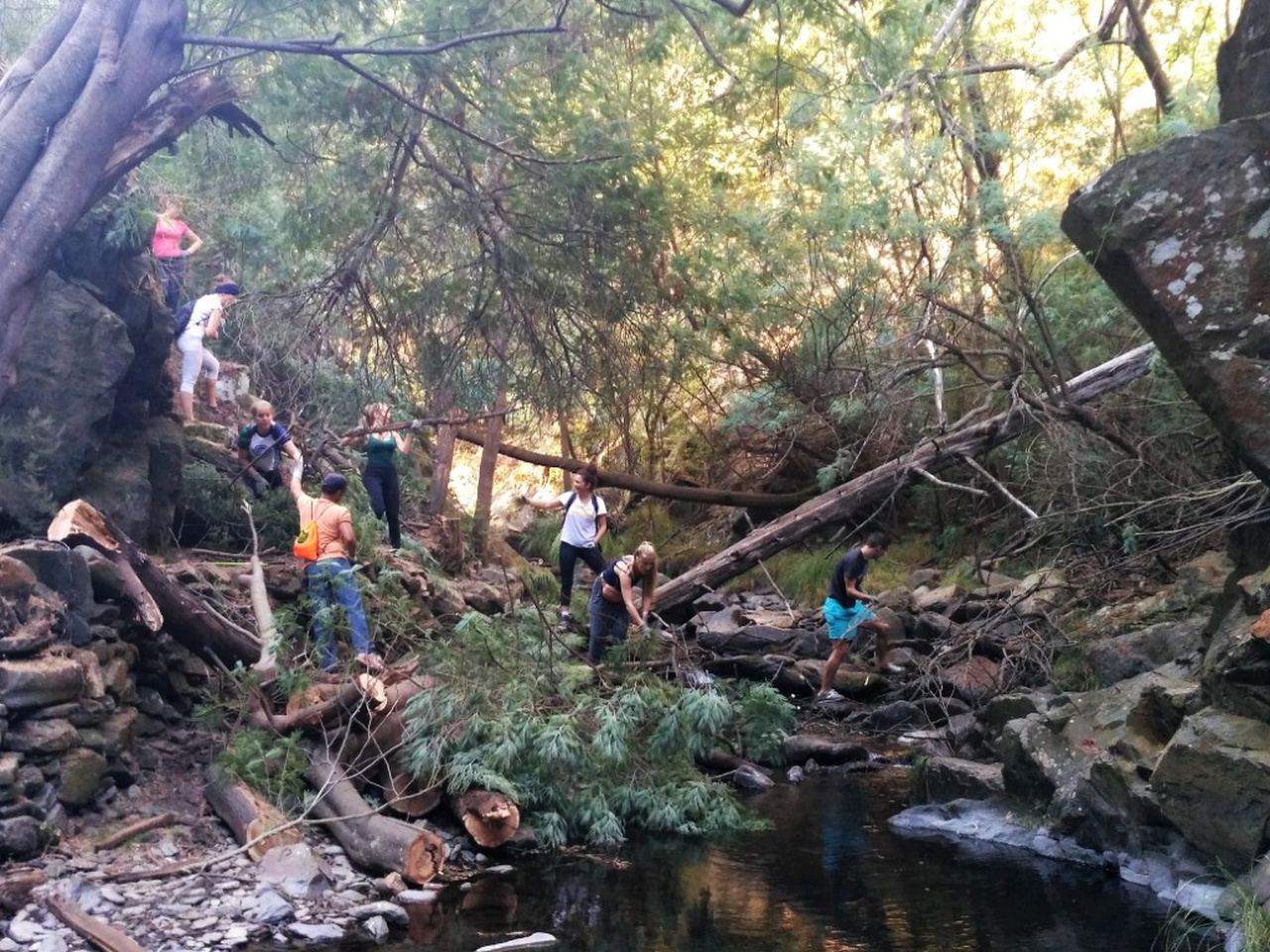
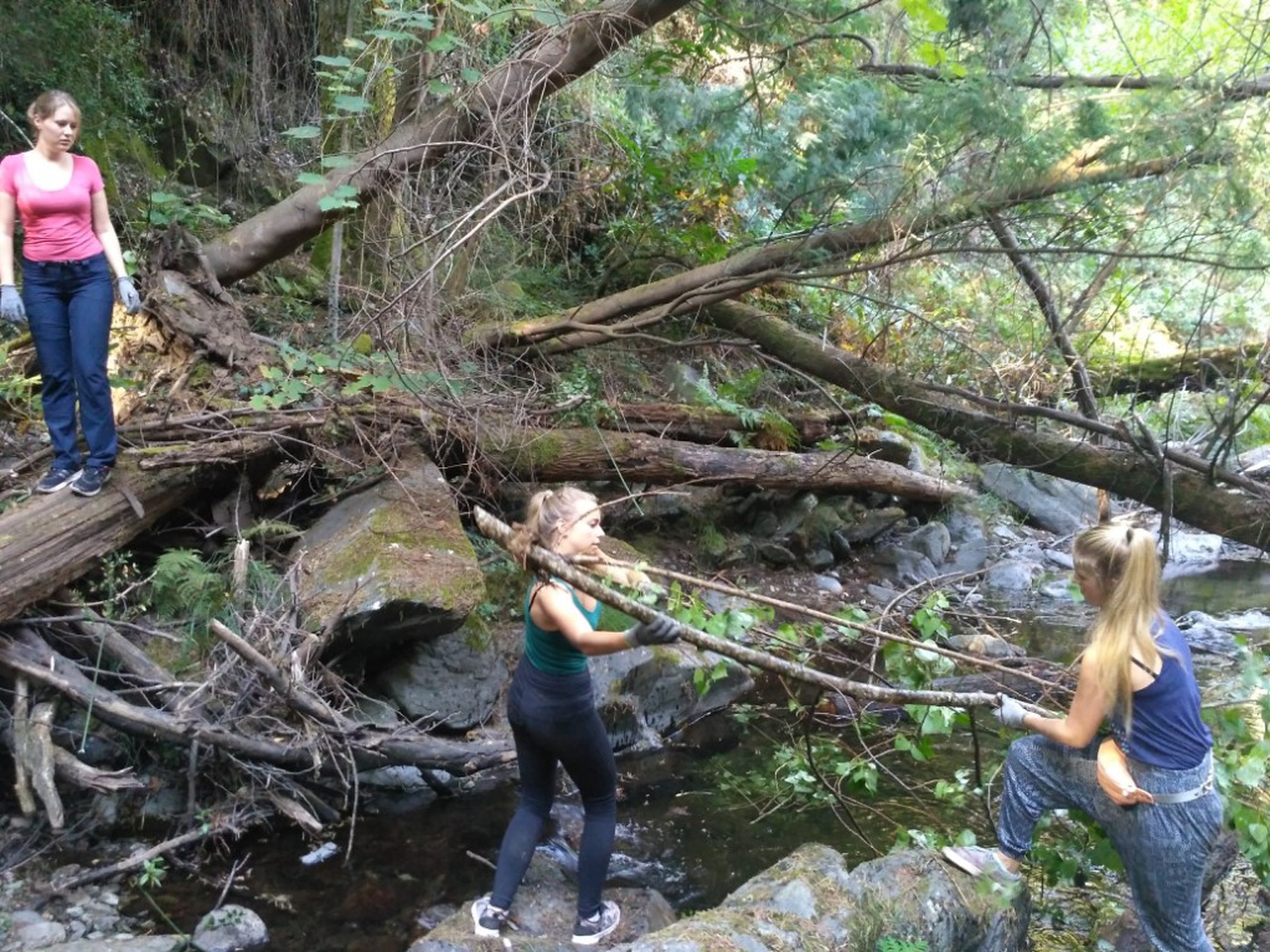
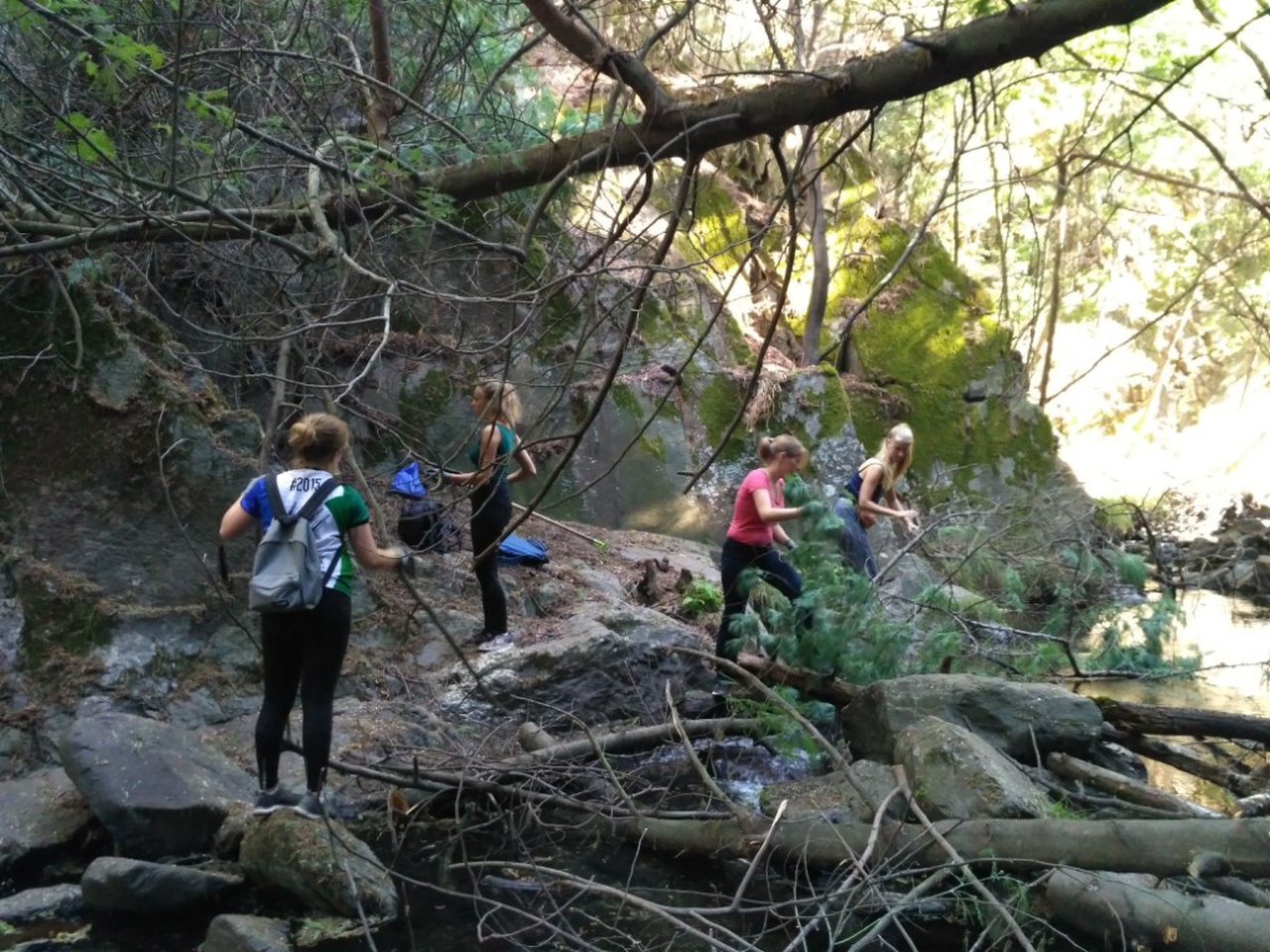
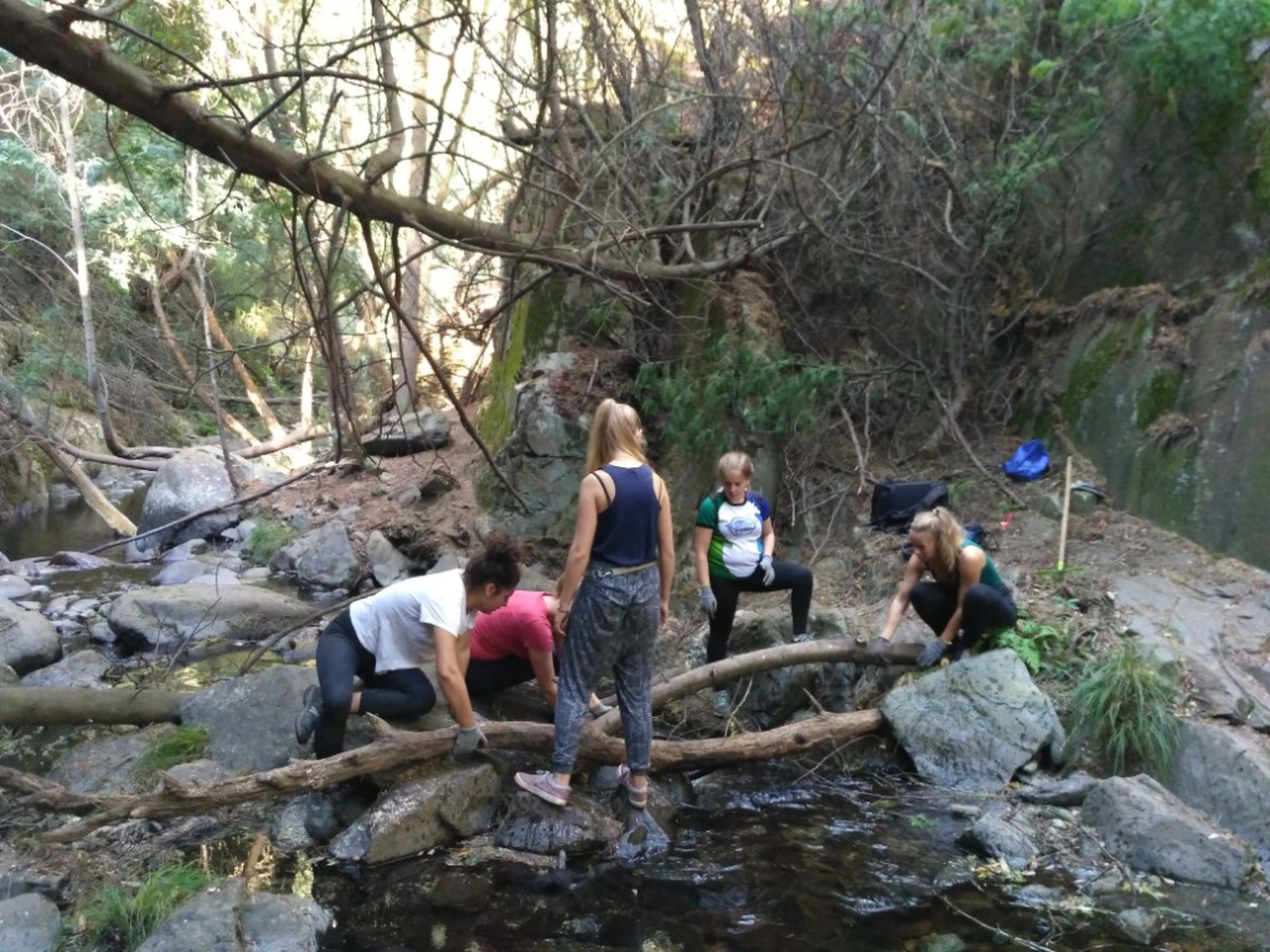
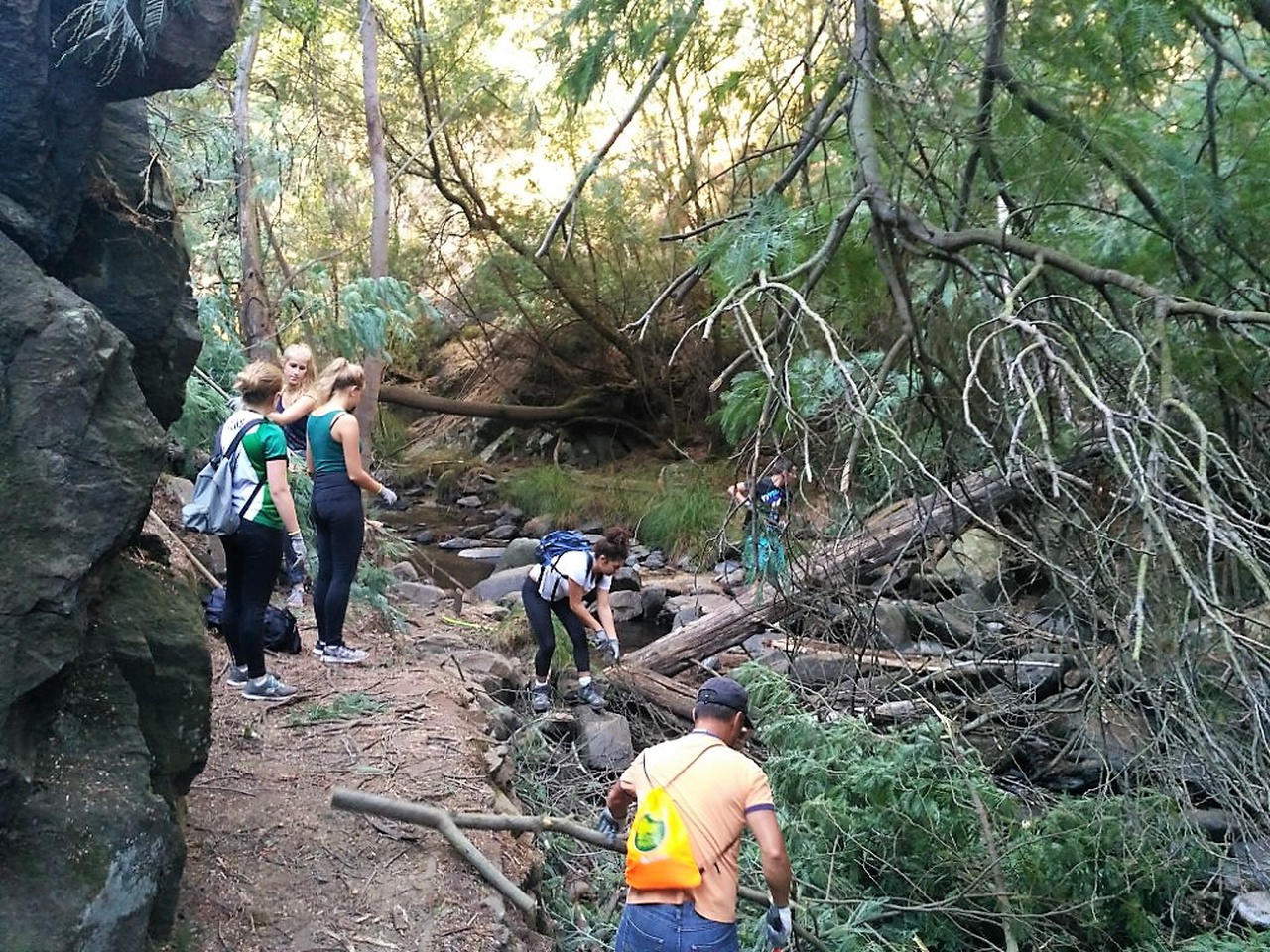
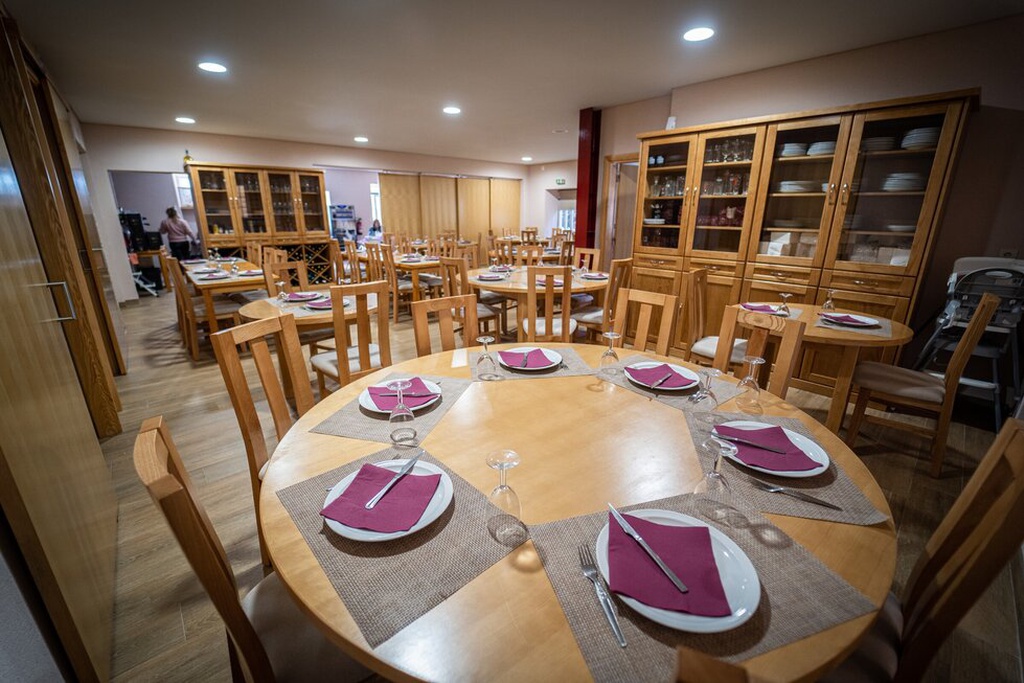
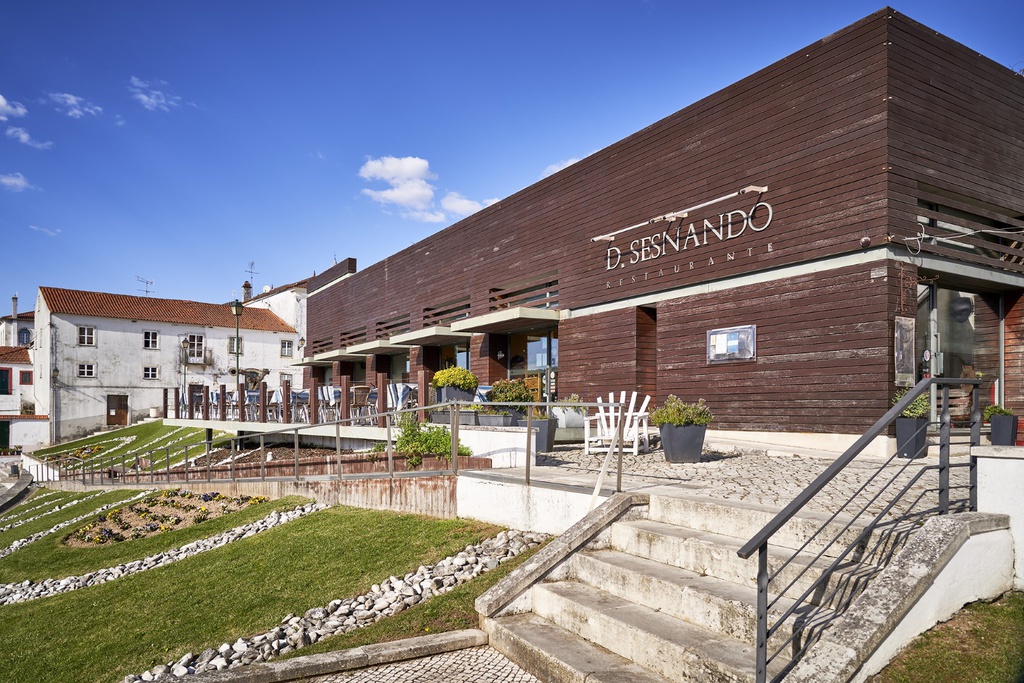
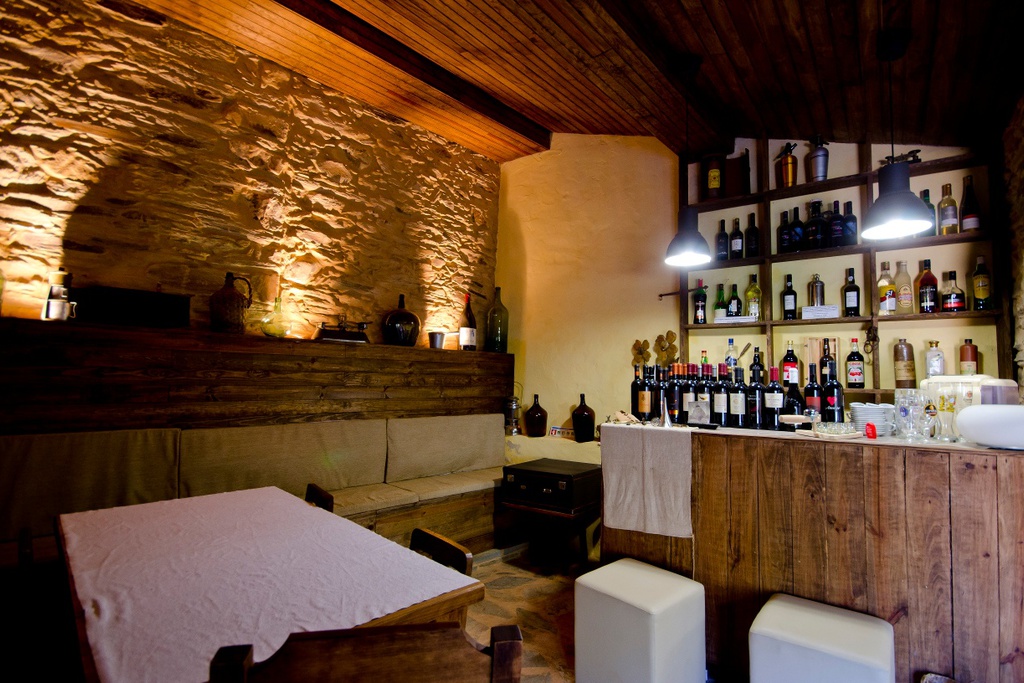
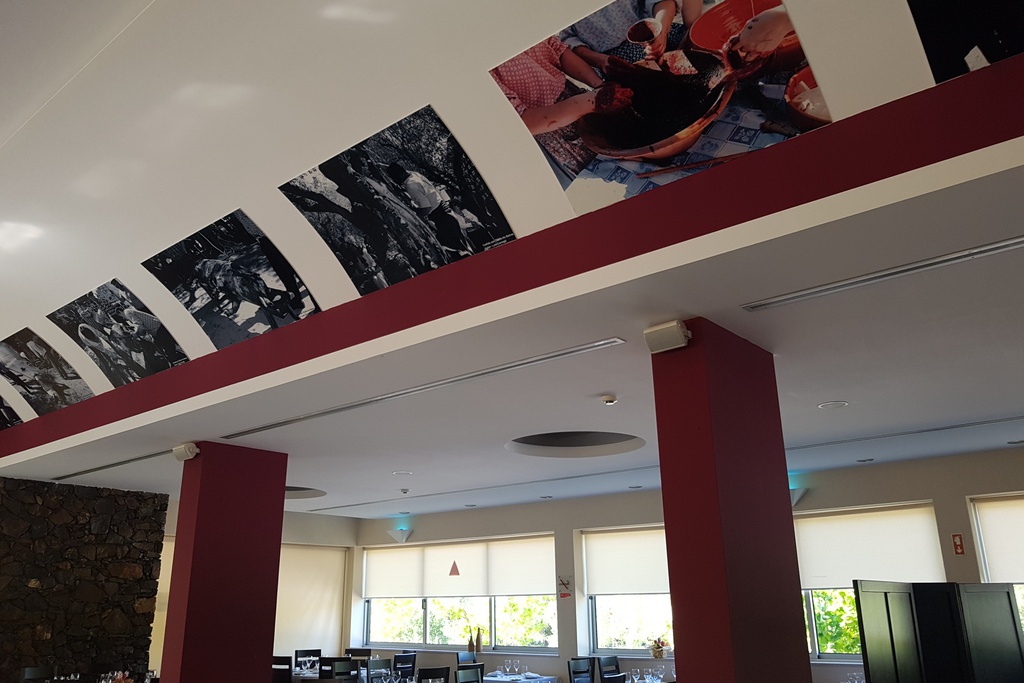
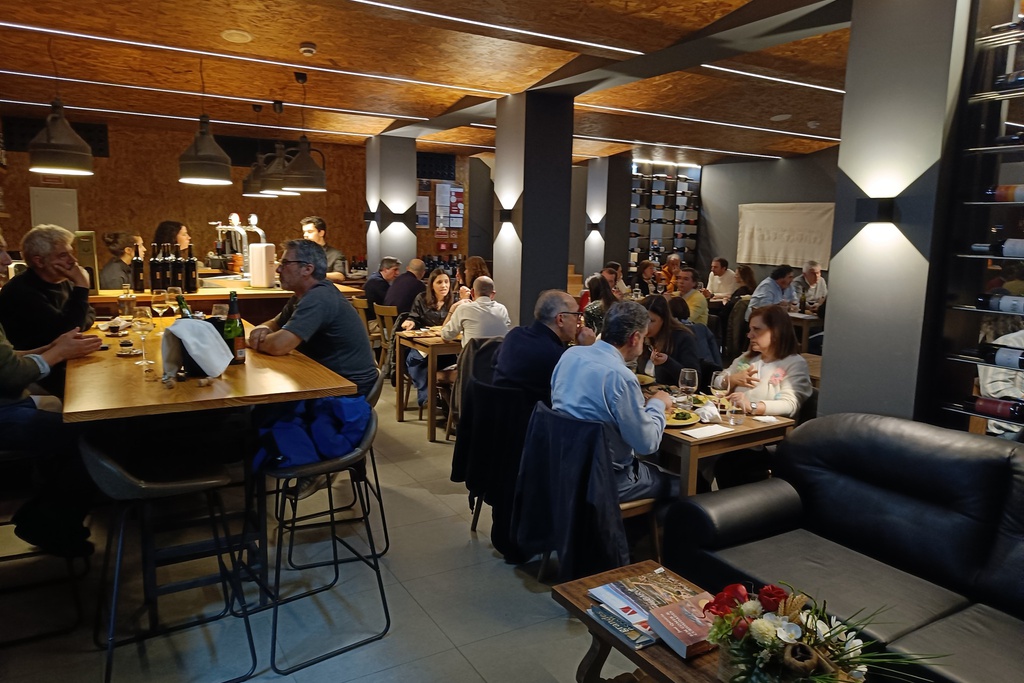
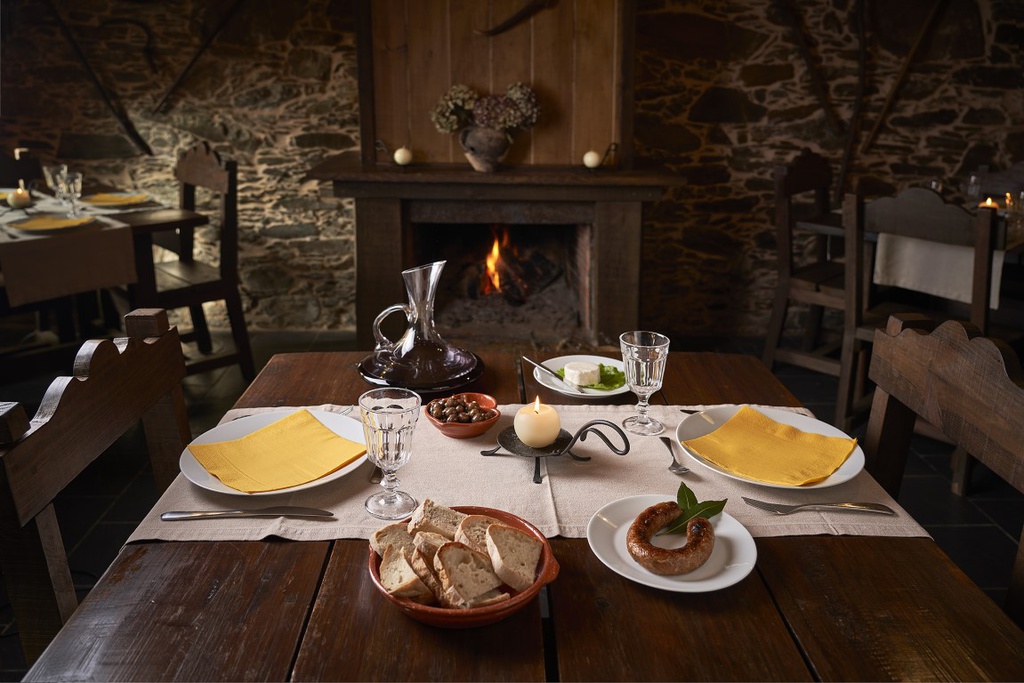
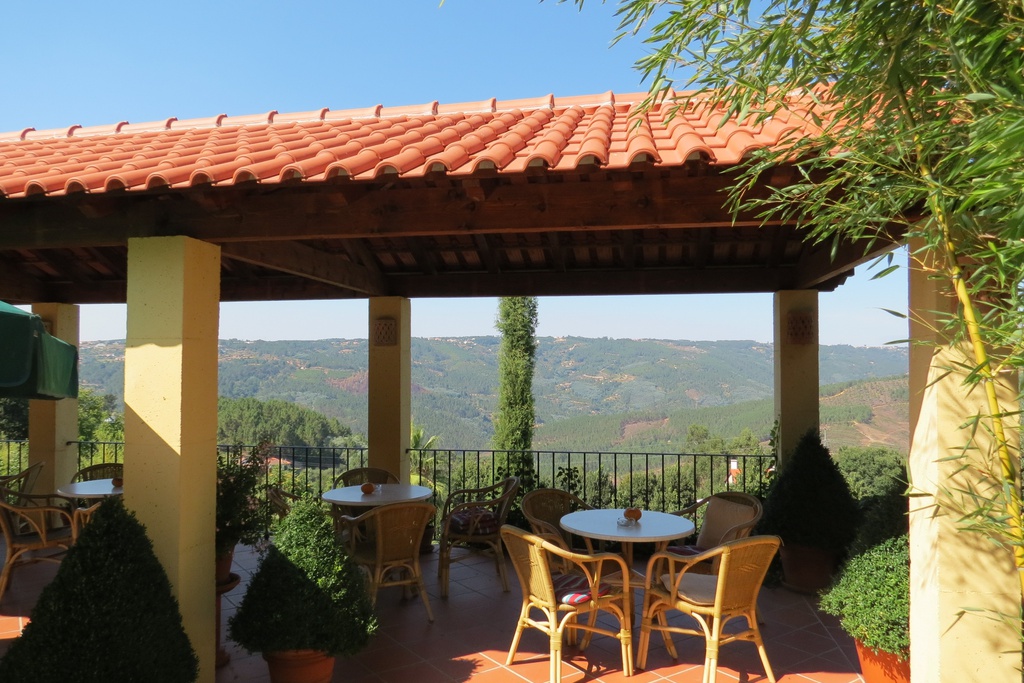
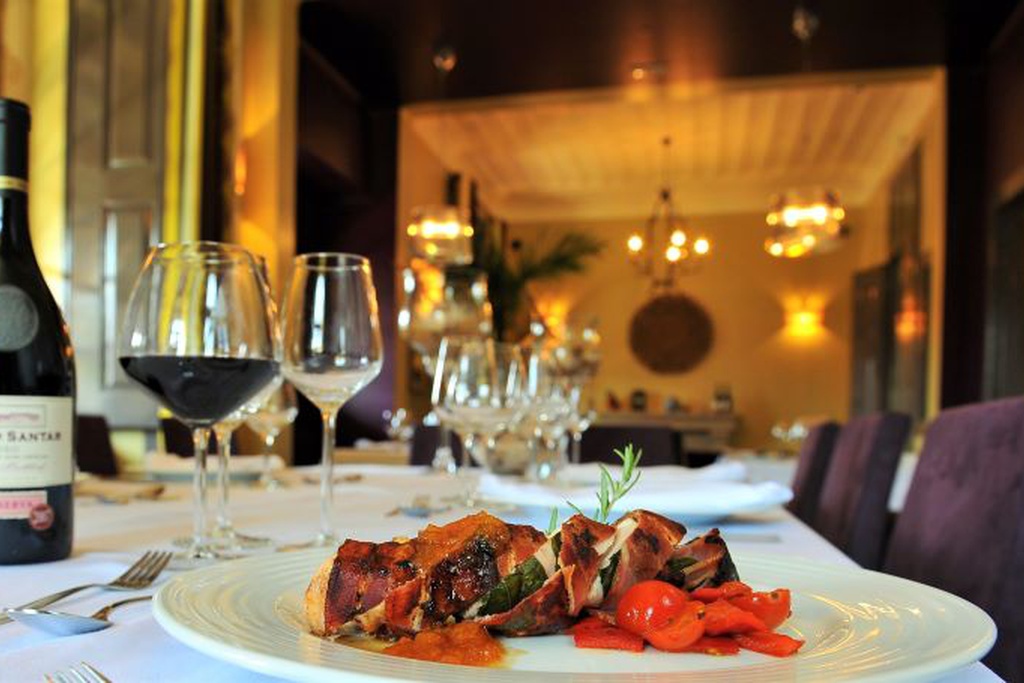
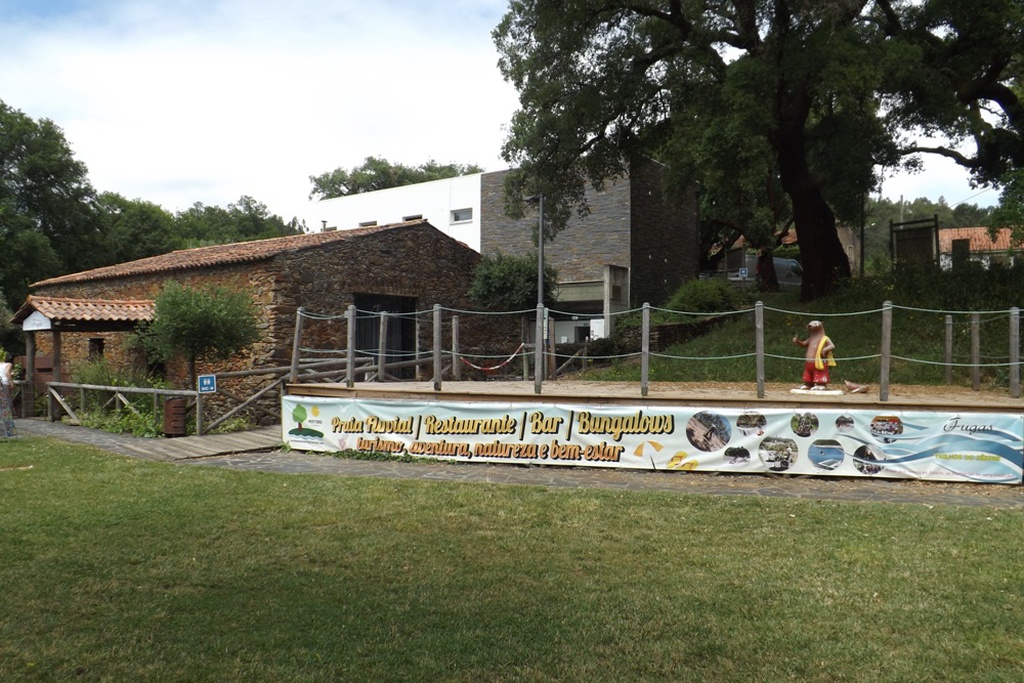
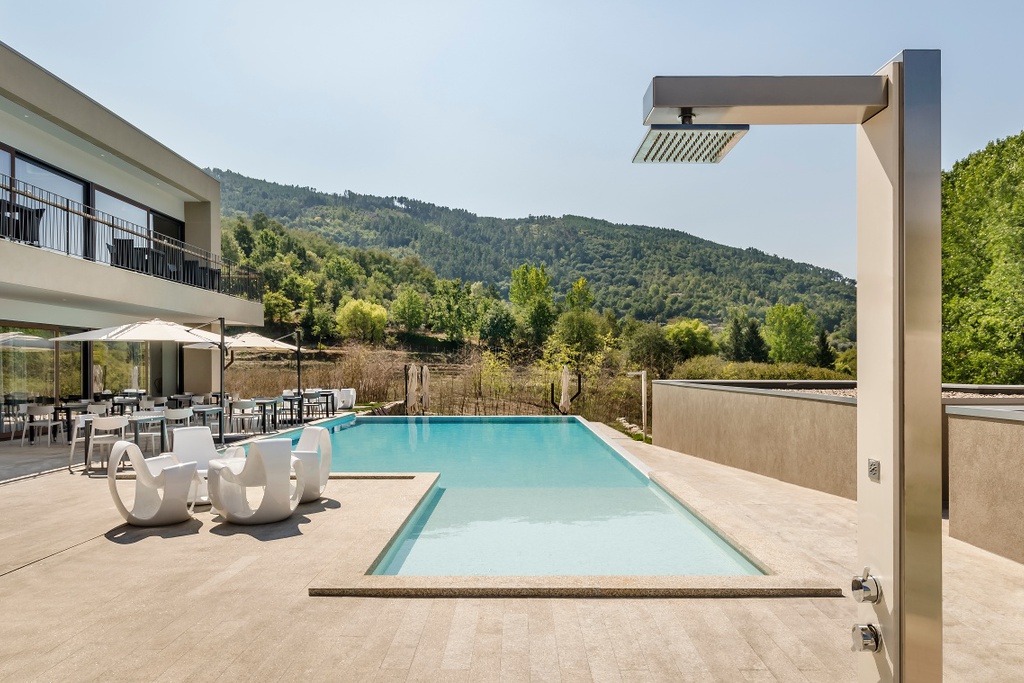
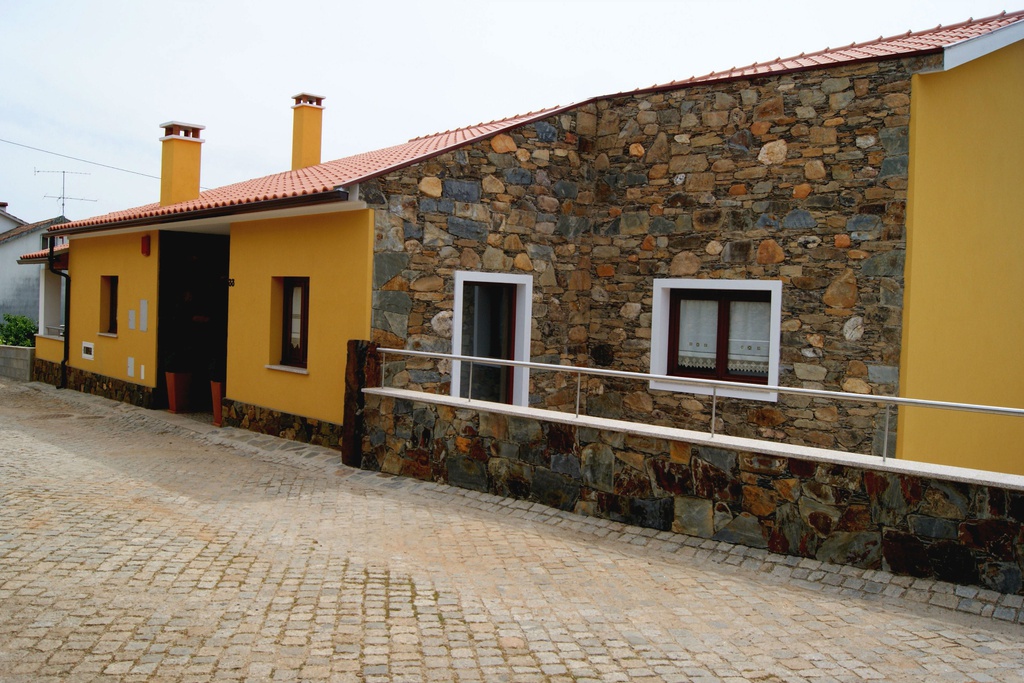
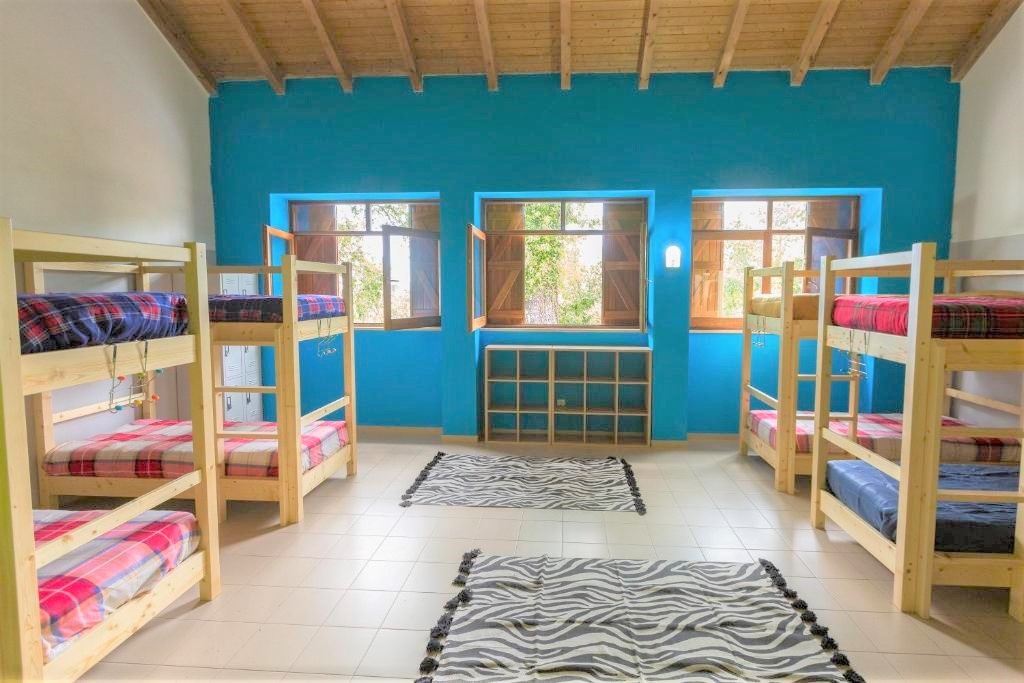
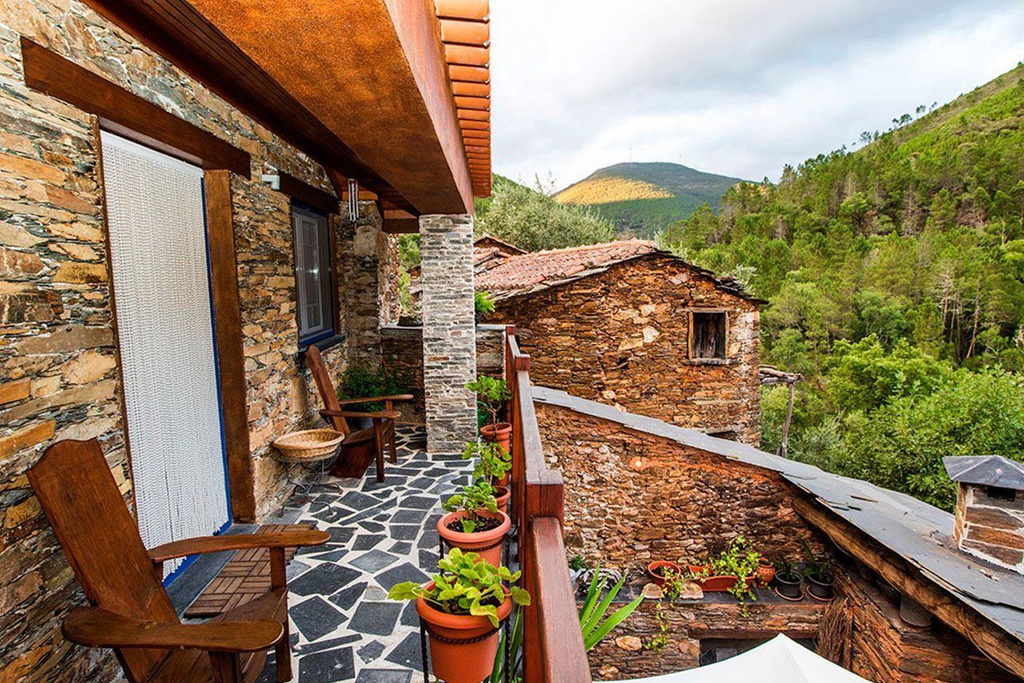
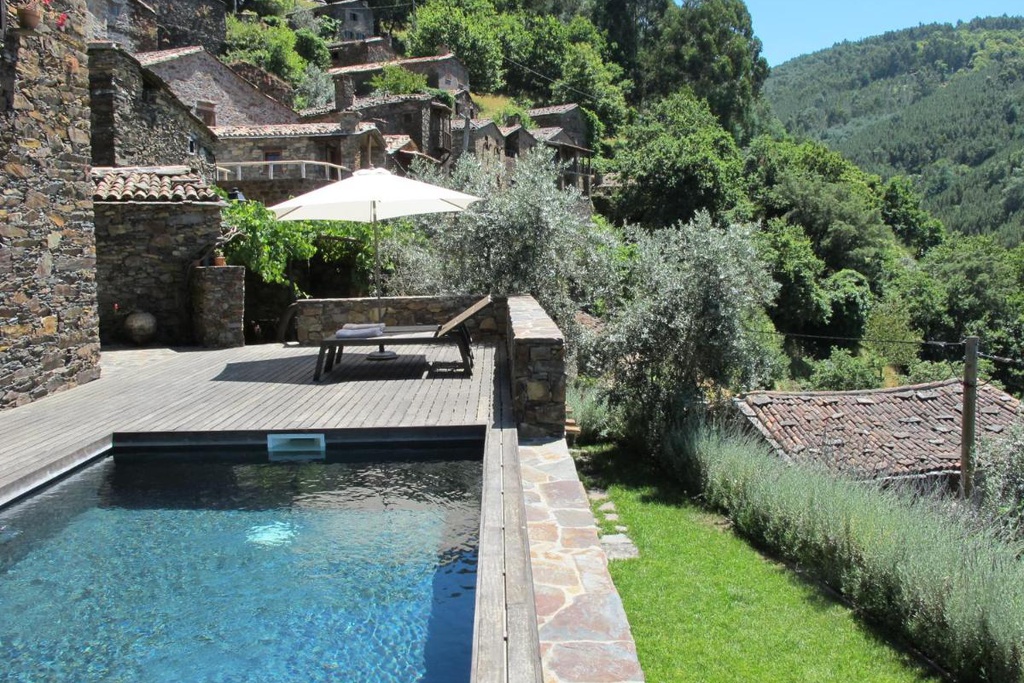
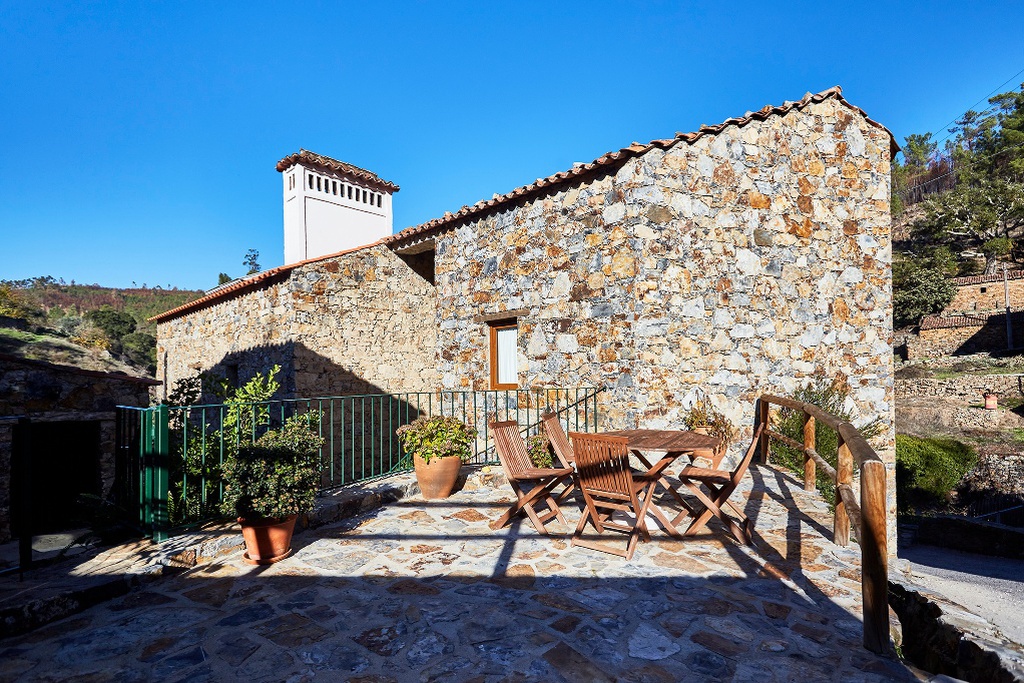
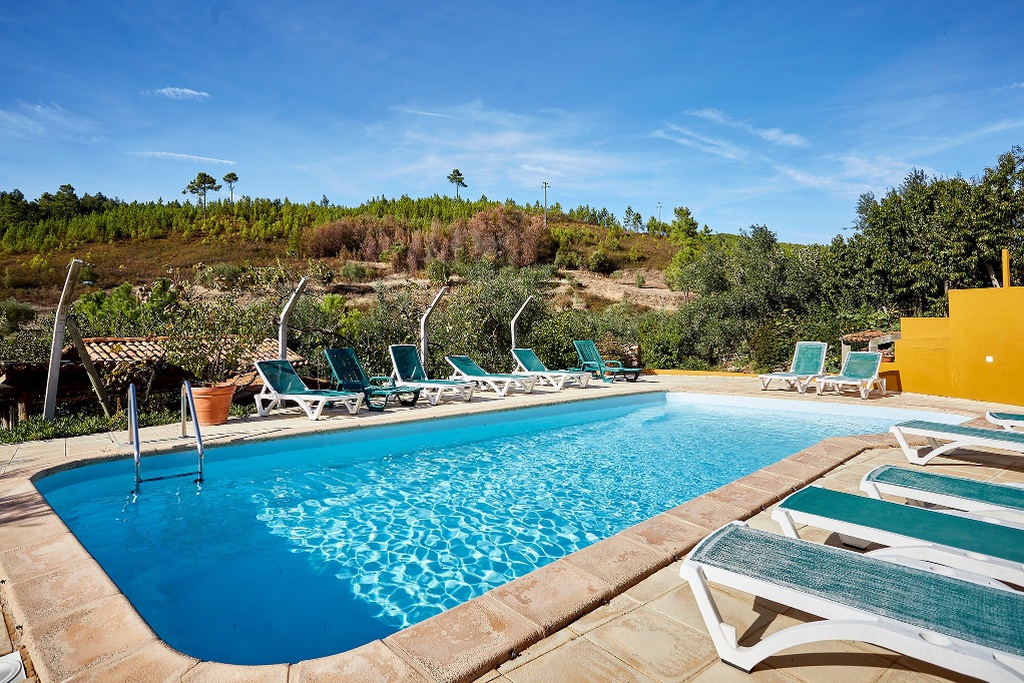
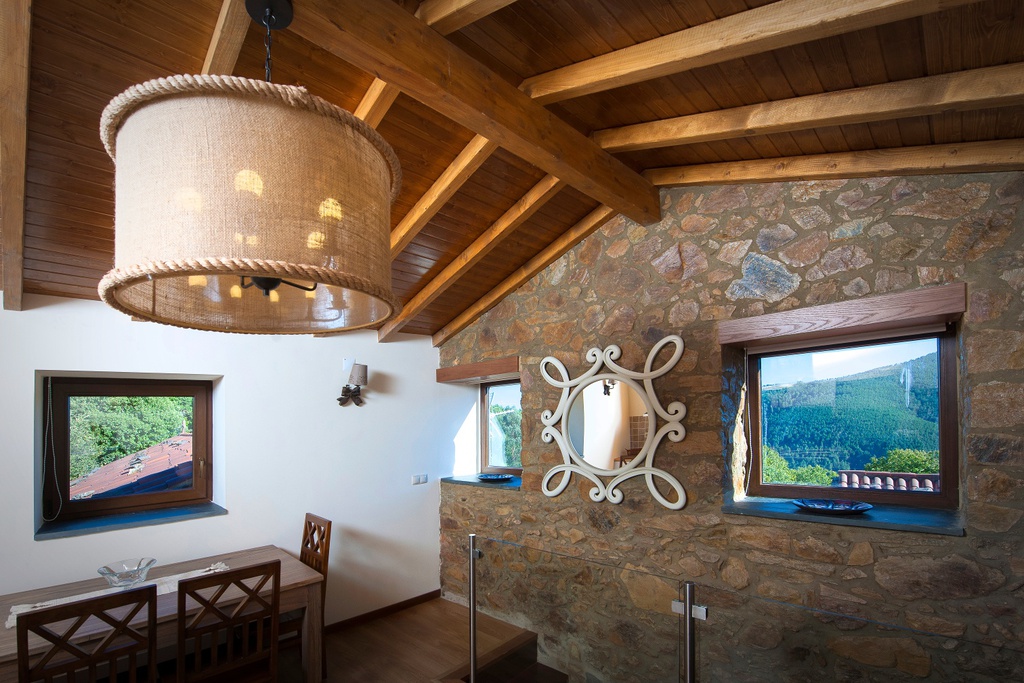
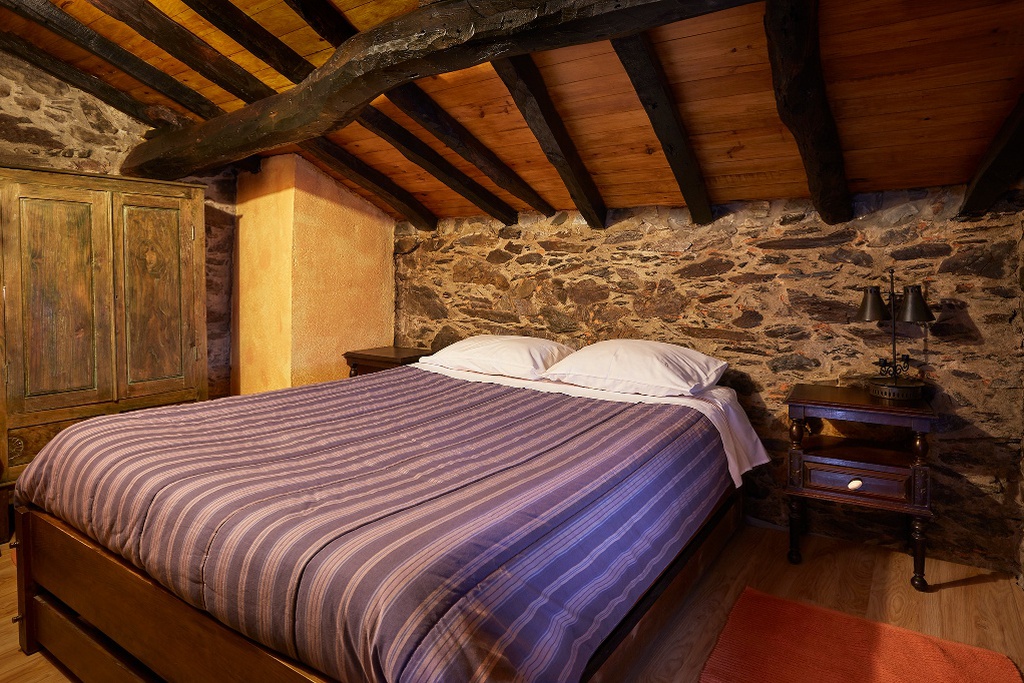
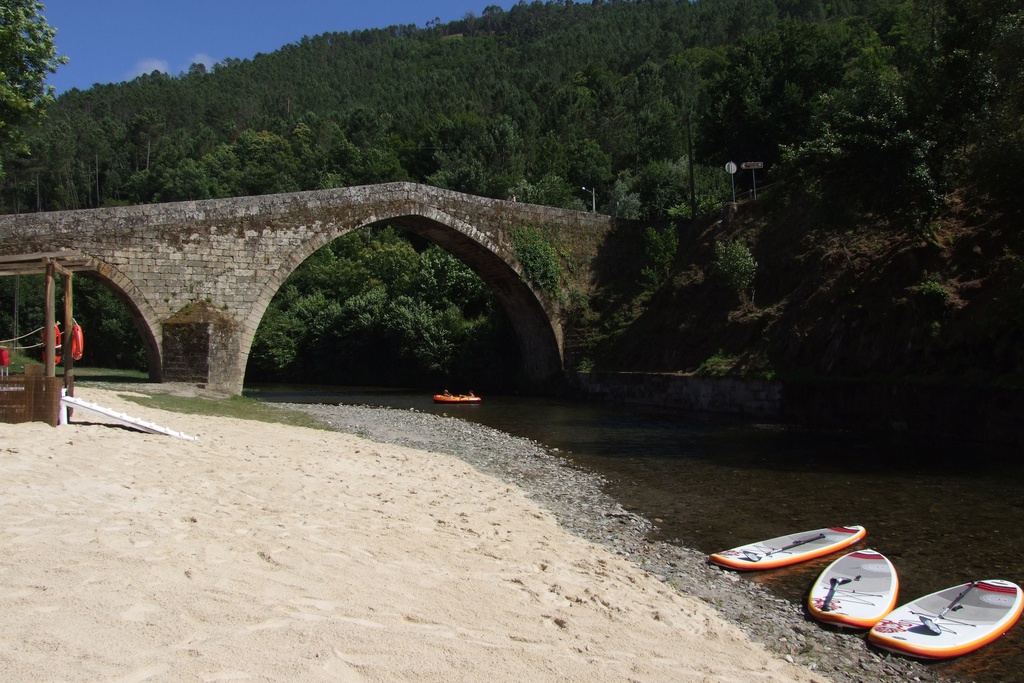
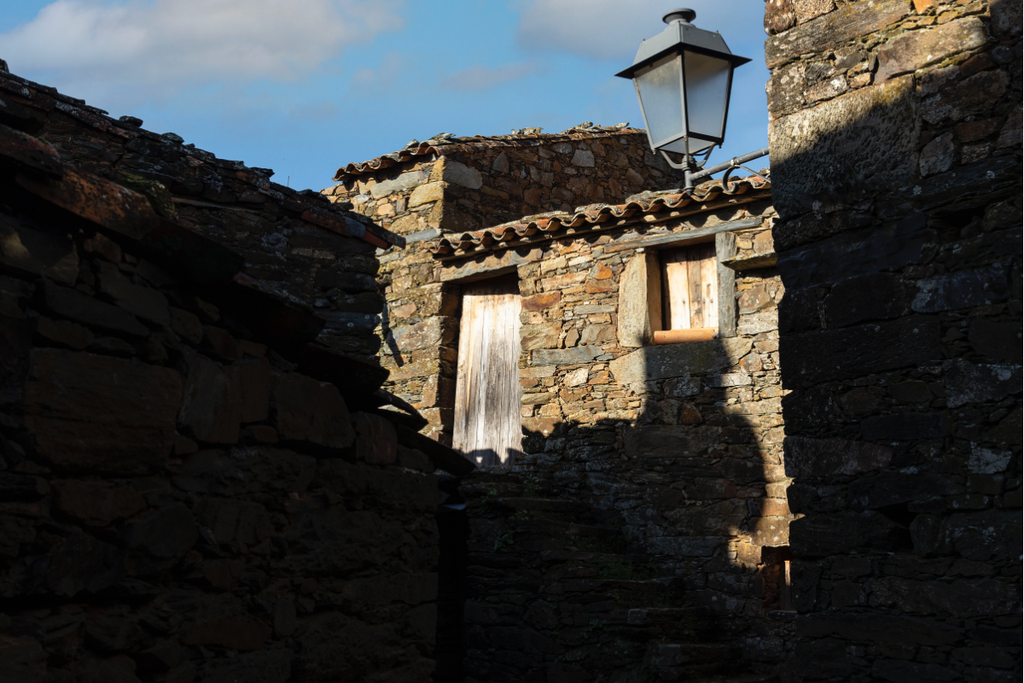
![Mining Territory [GRZ - MTB sector 3]](/media/filer_public/55/7b/557b2251-626f-458d-97c4-76f96a6e4f7c/aldeias-xisto-aldeias-xisto-terra_mineira_c381rea_de_descanso_do_barco__cabec3a7o_do_pic3a3o_gr33_-_grz_etapa__mam9mil.jpg.1024x683_q95_crop_upscale.jpg)

